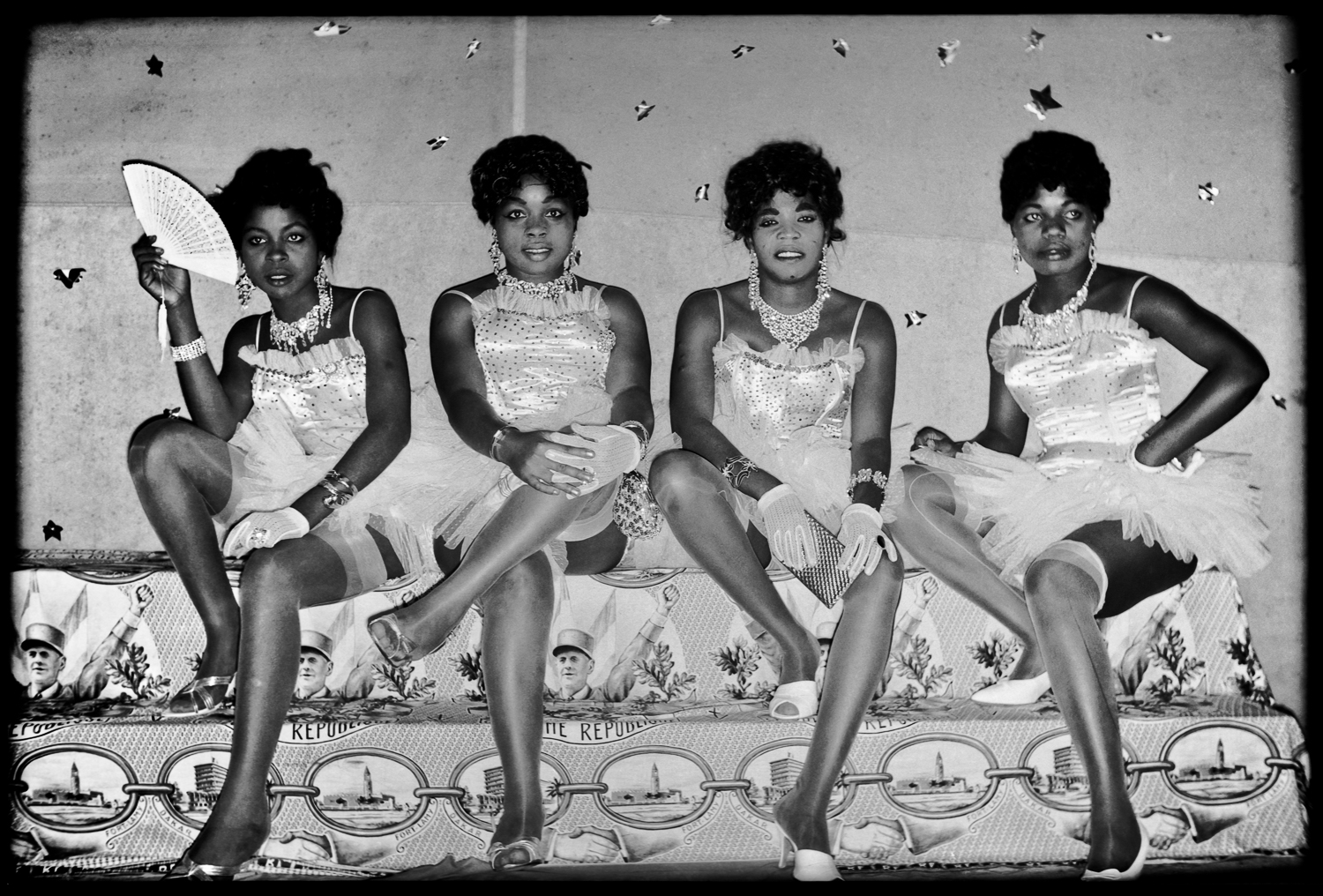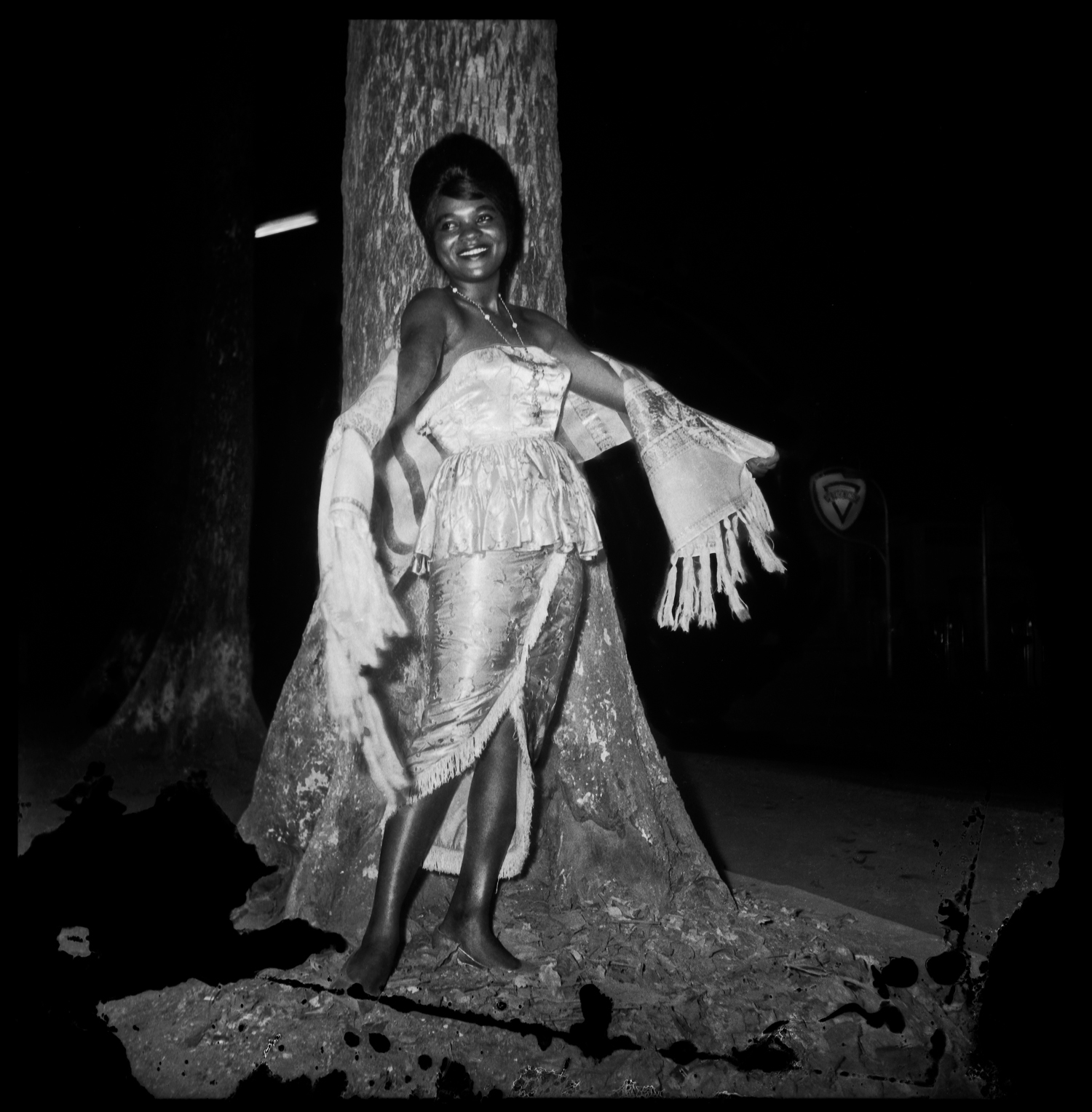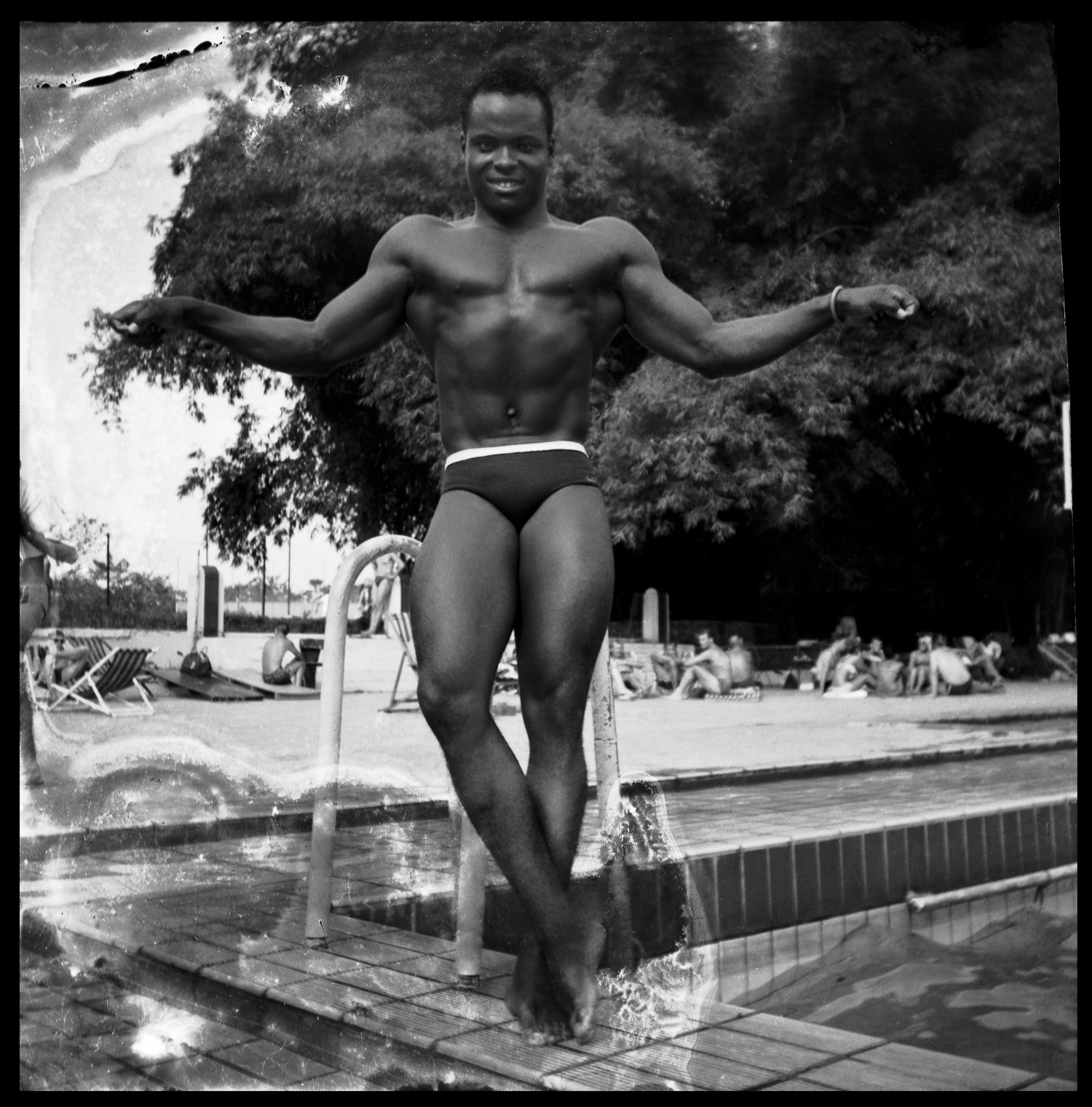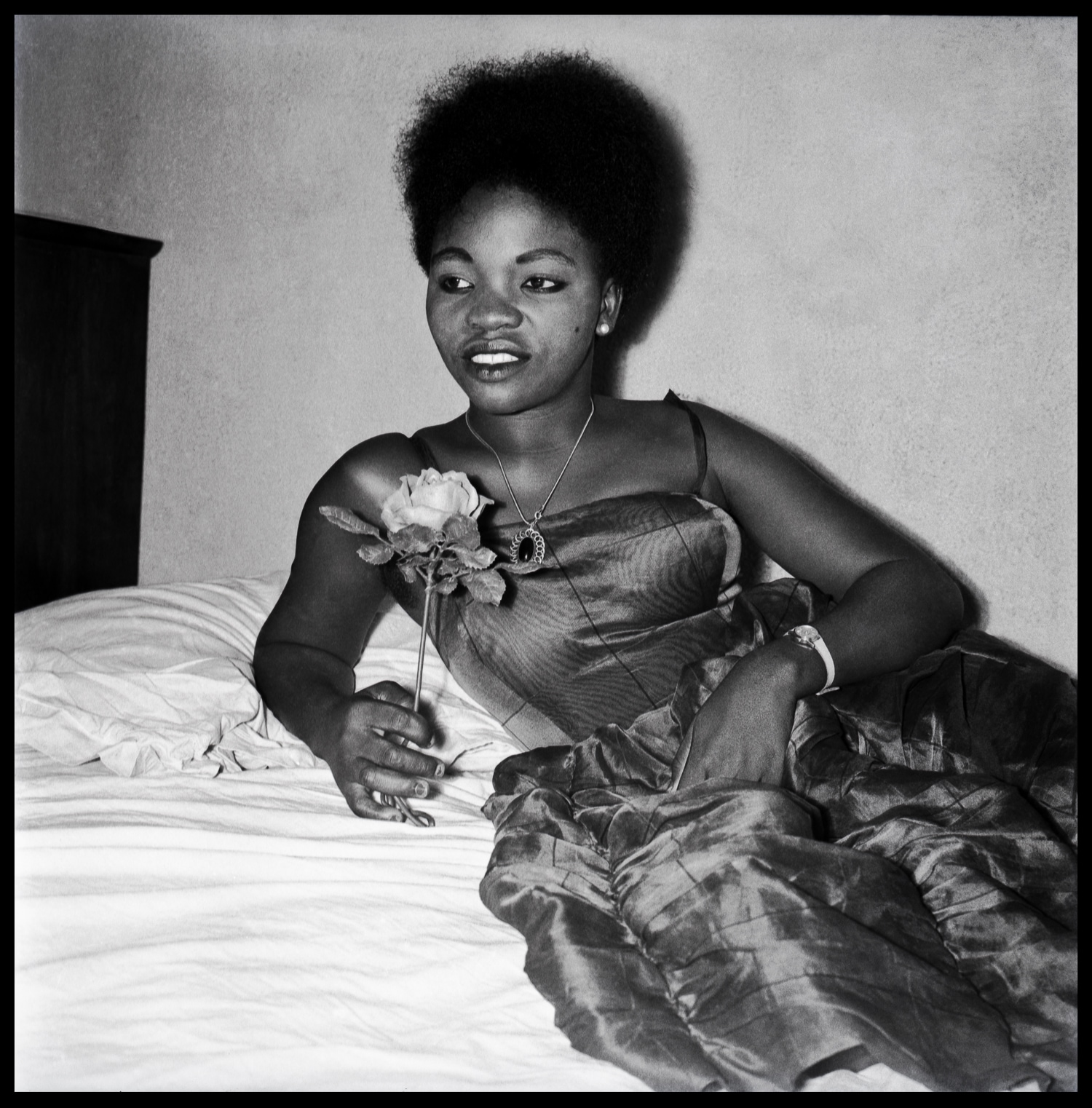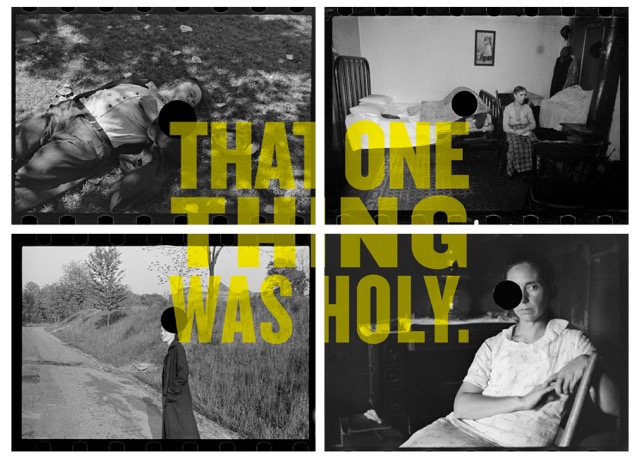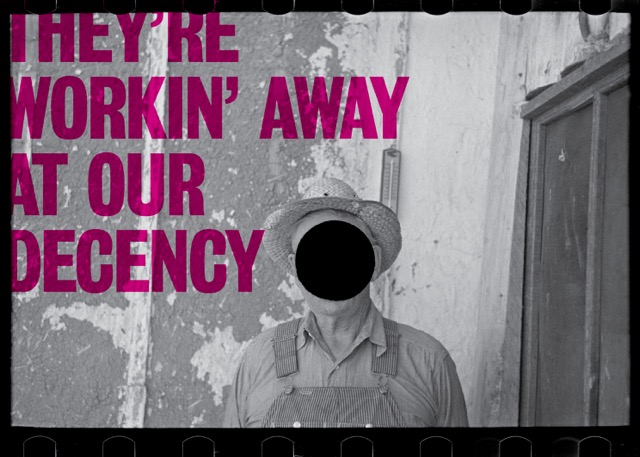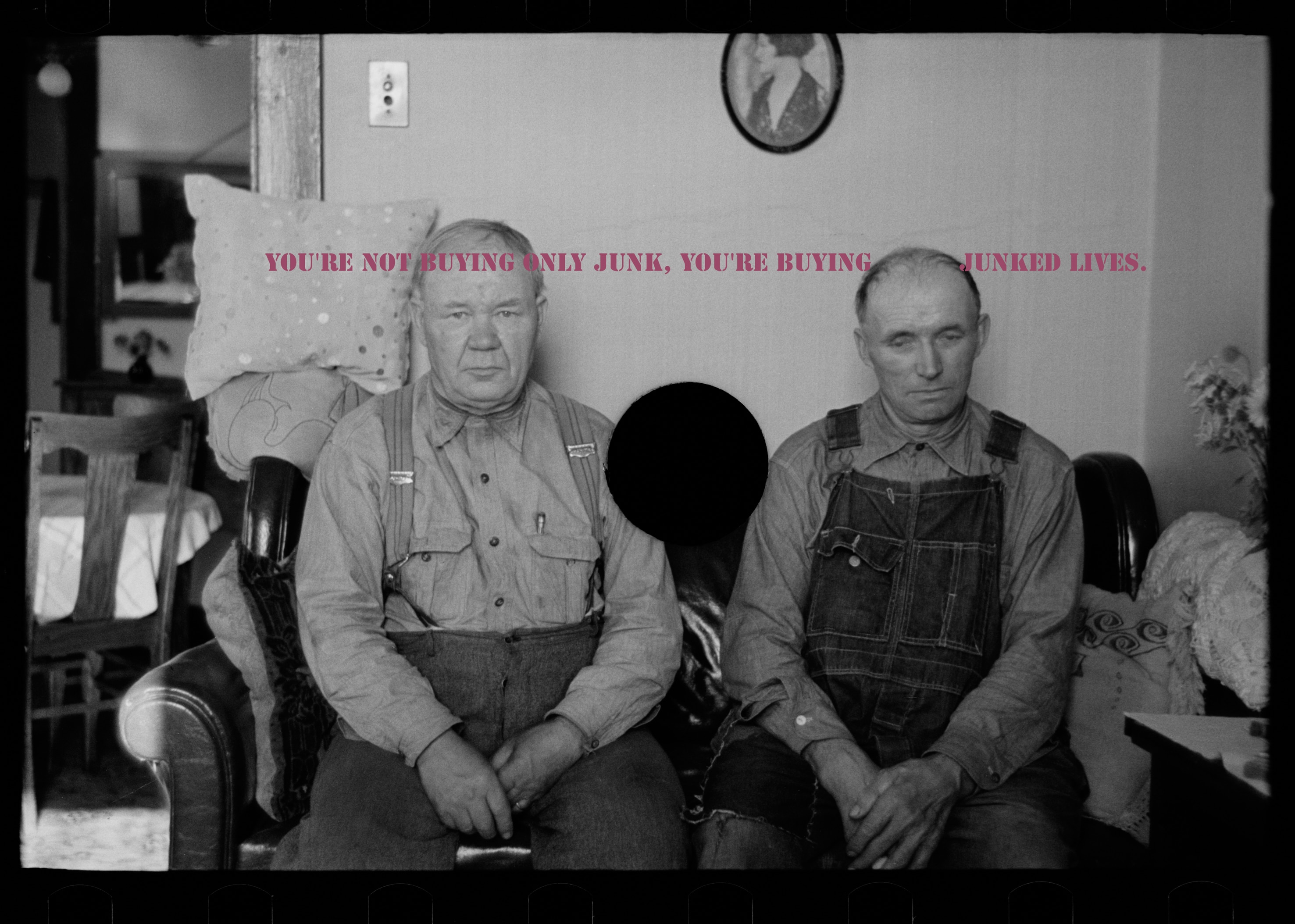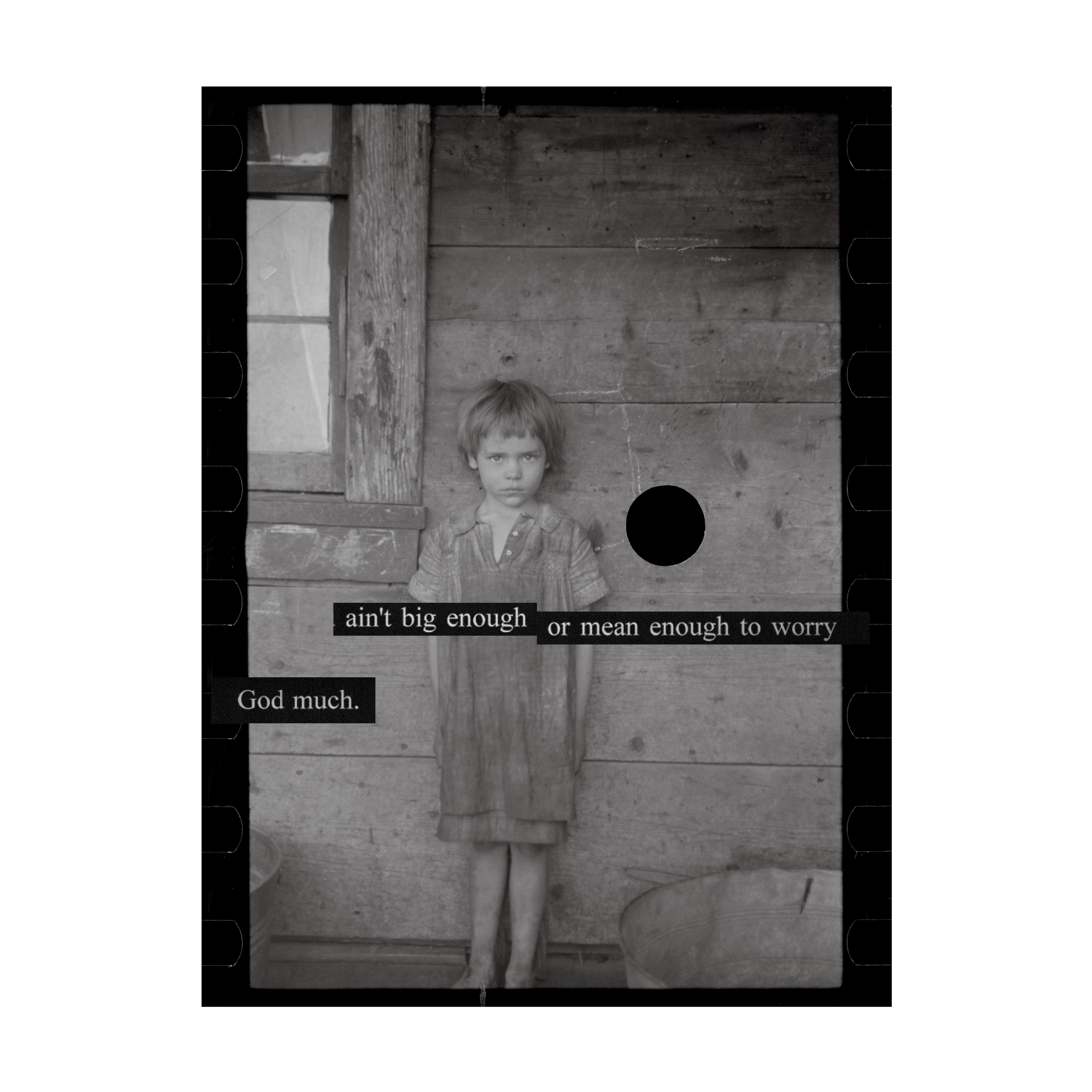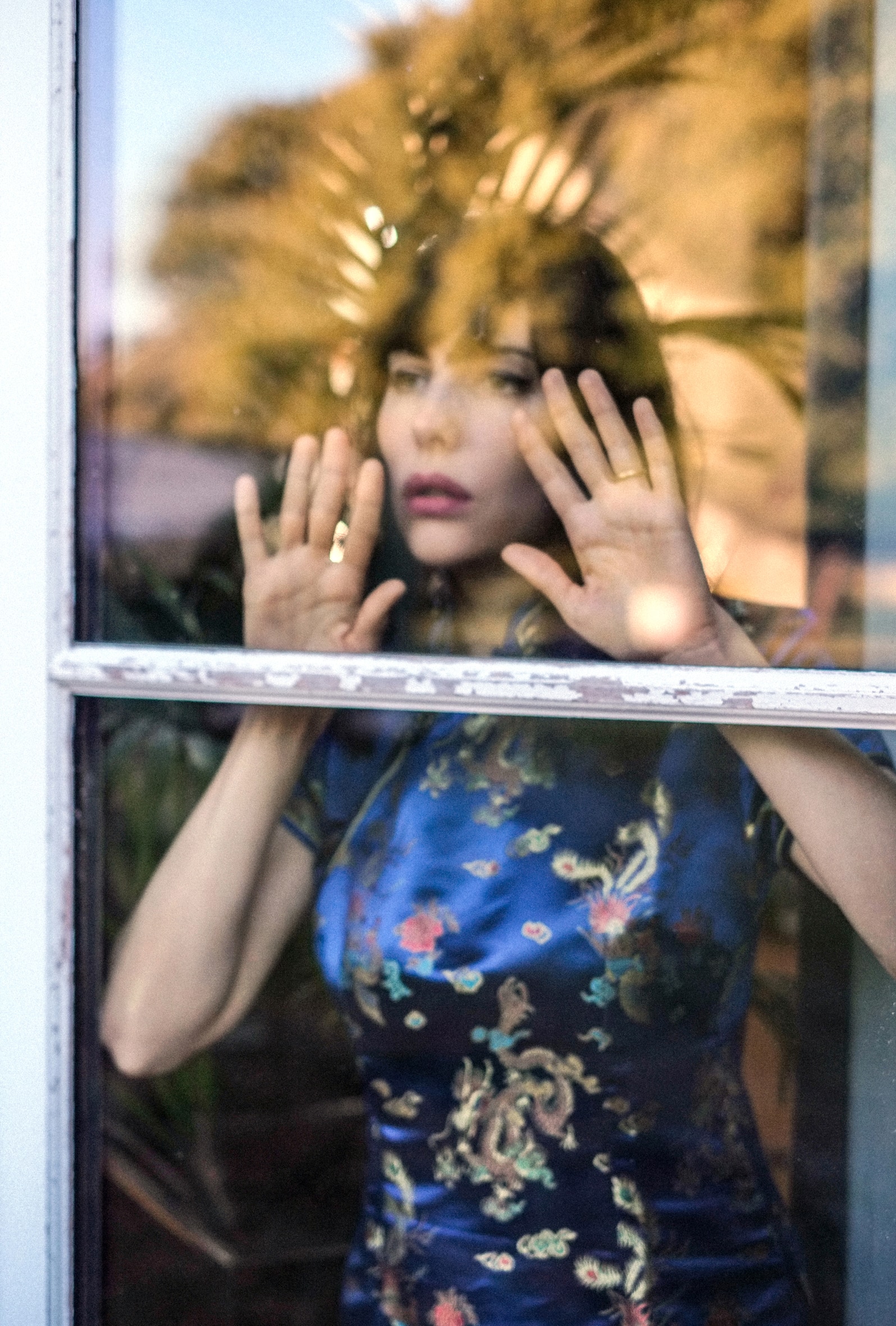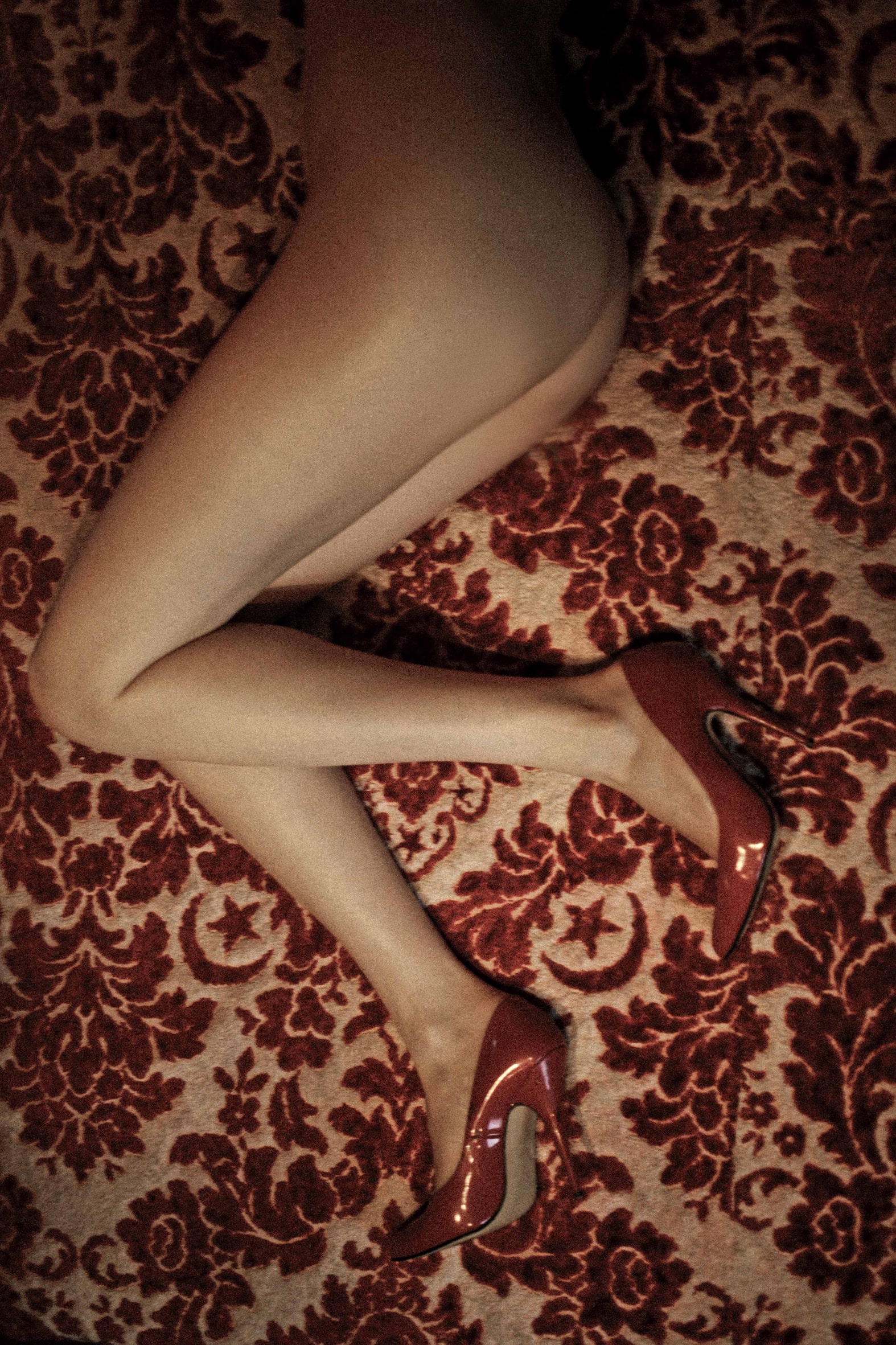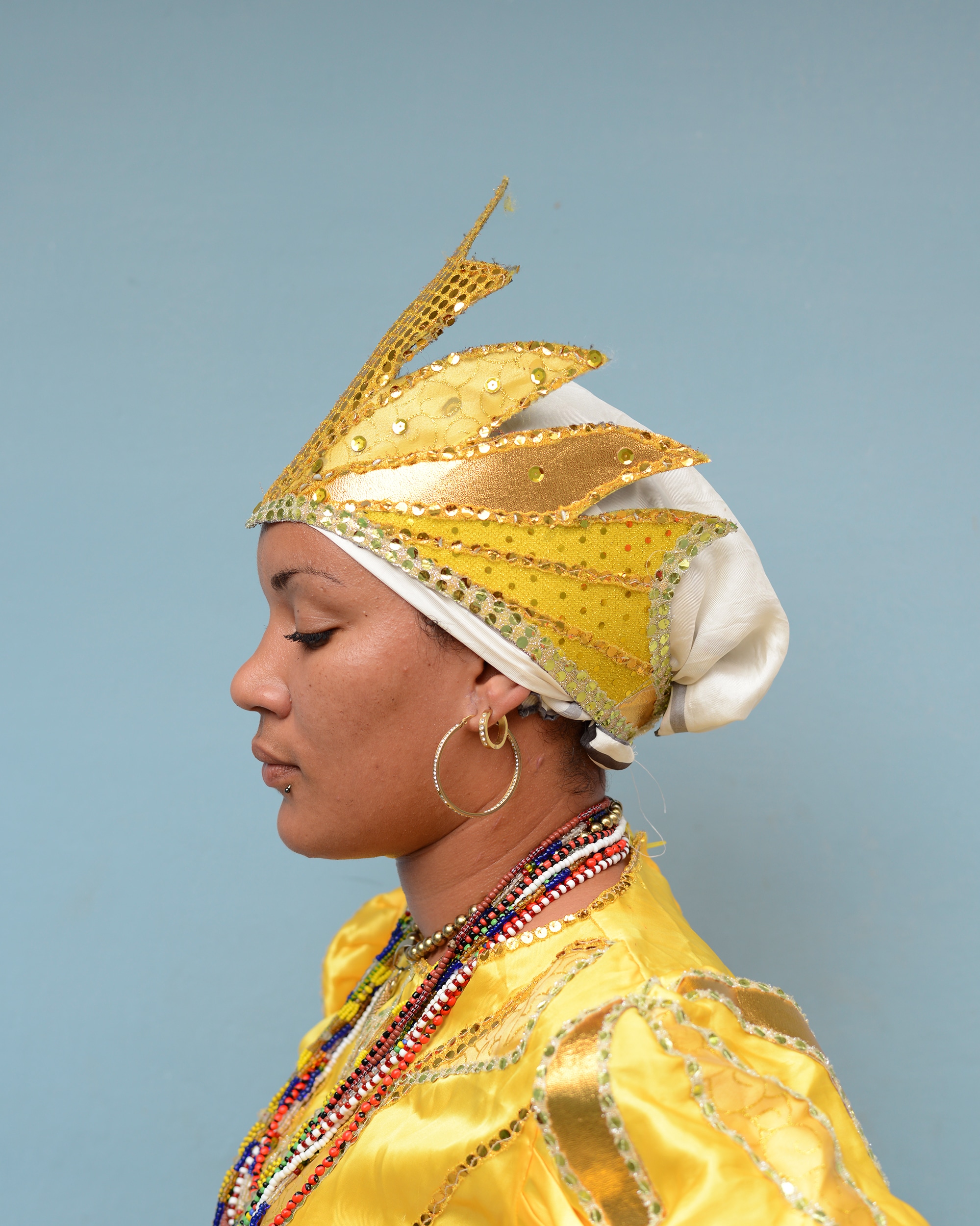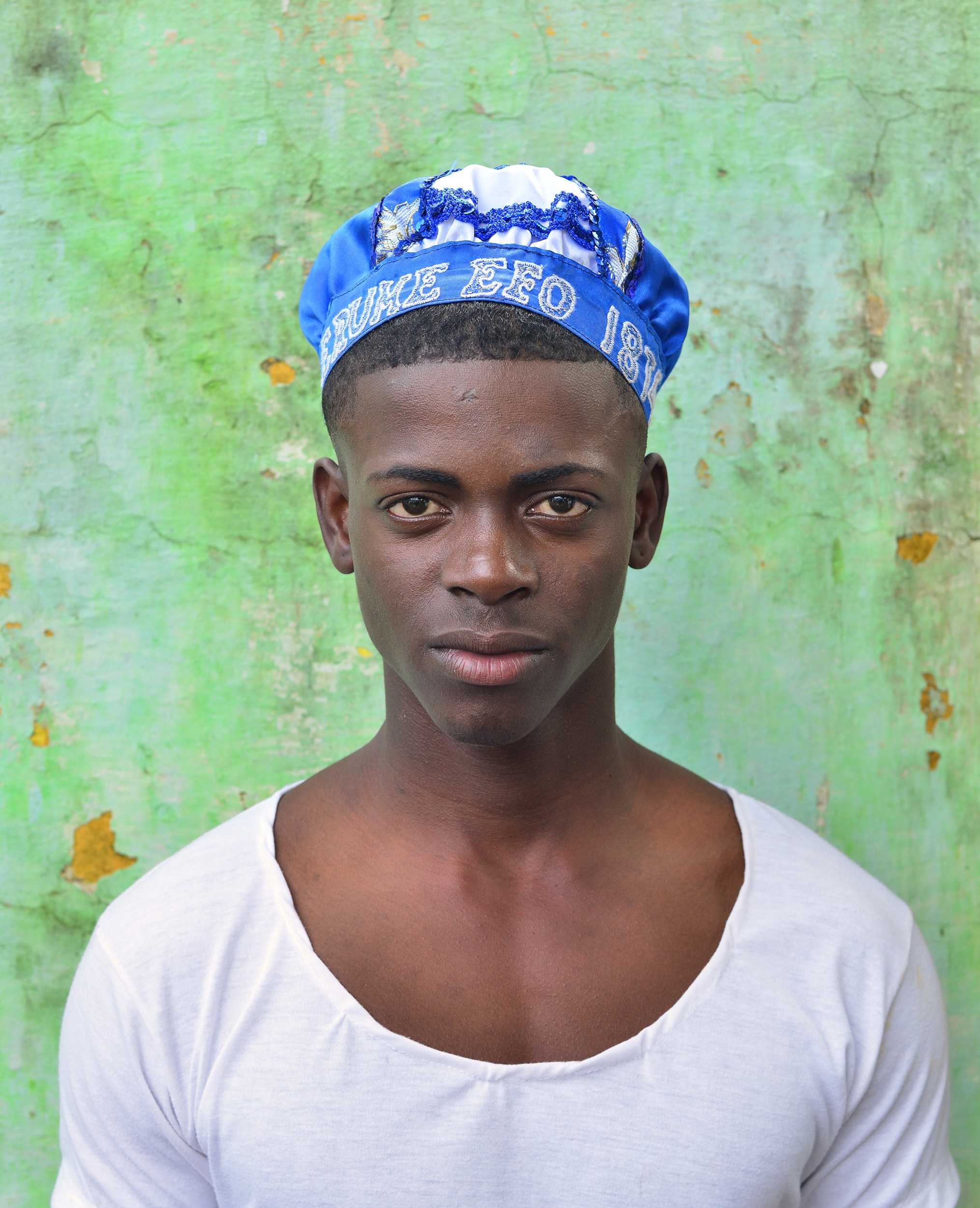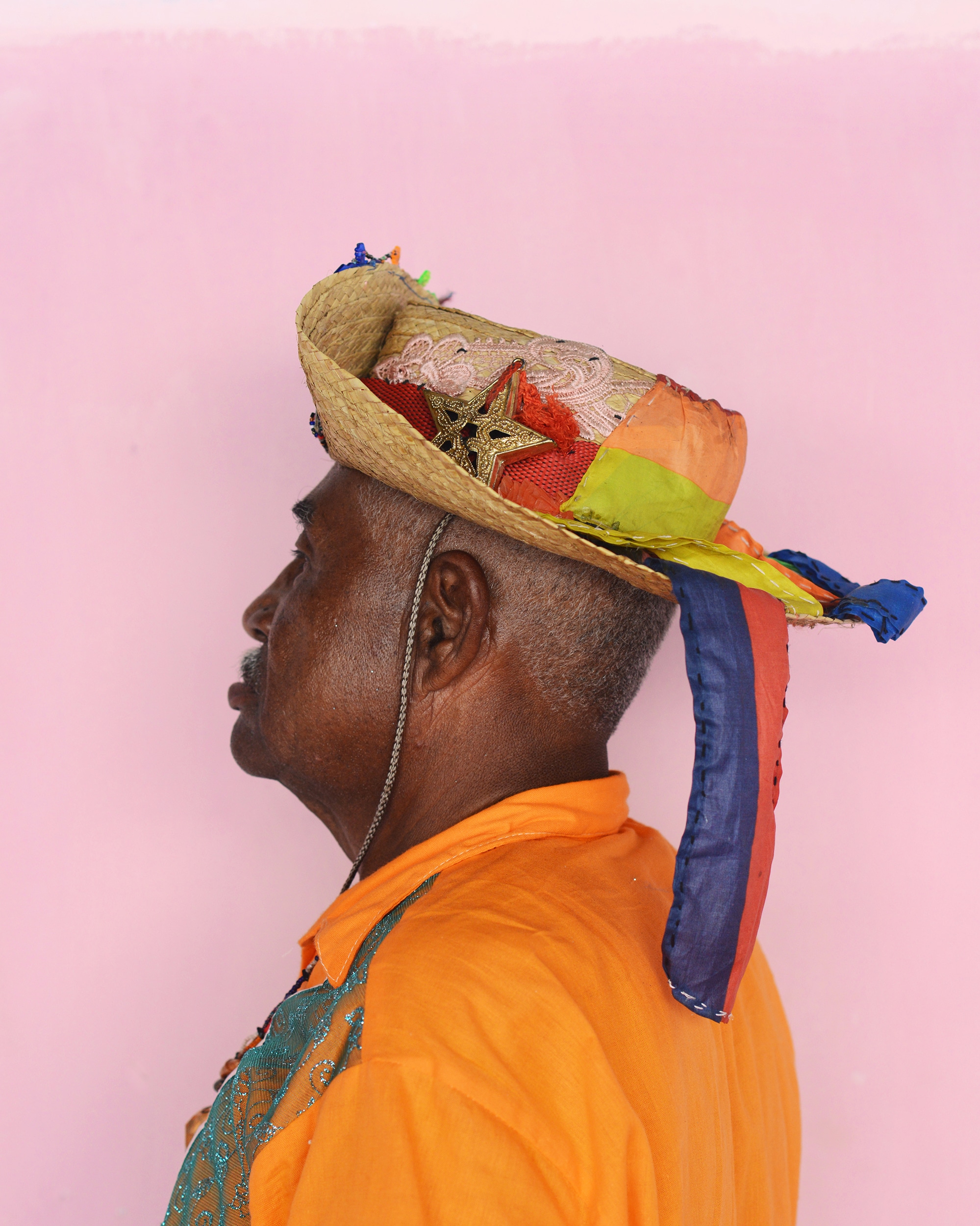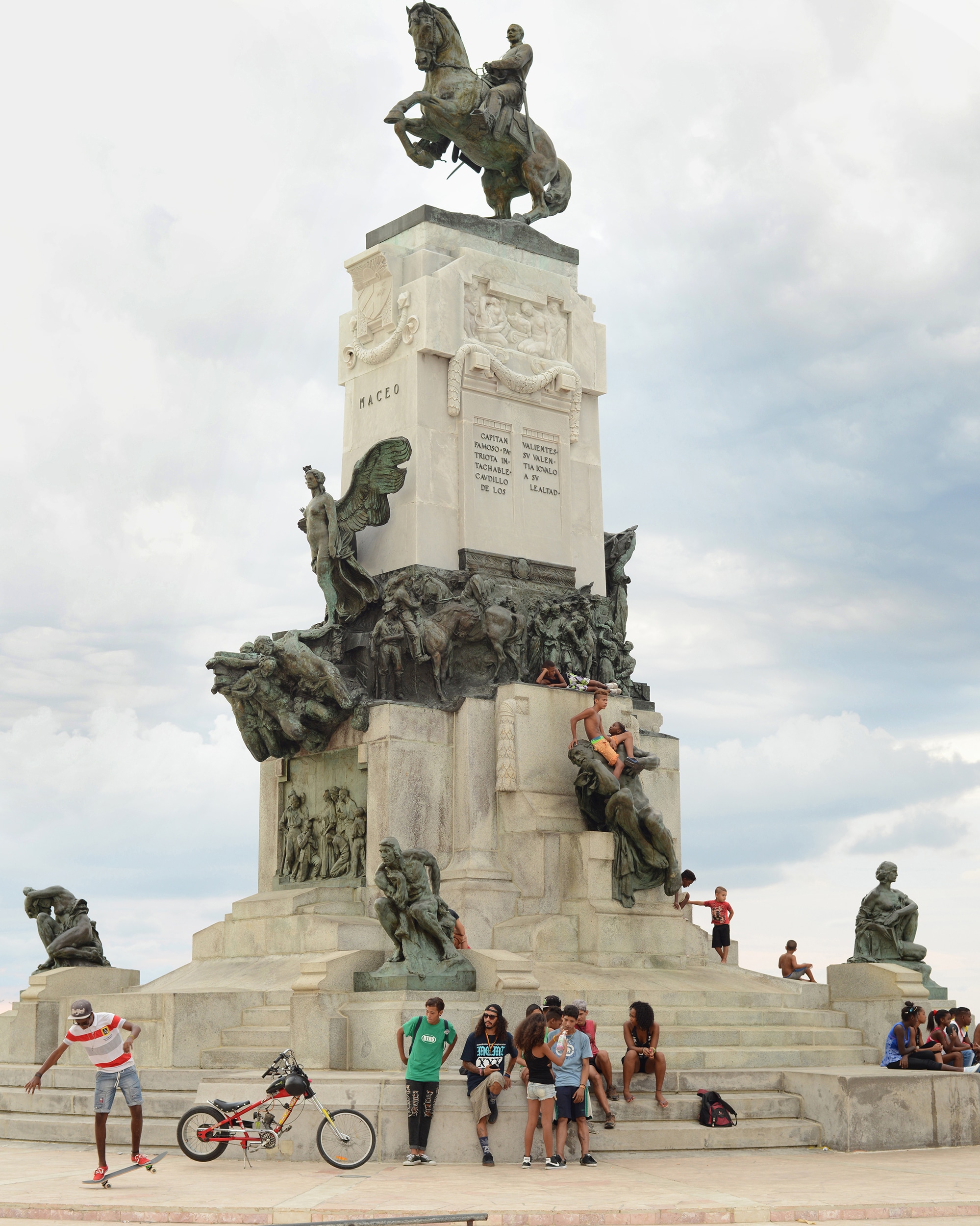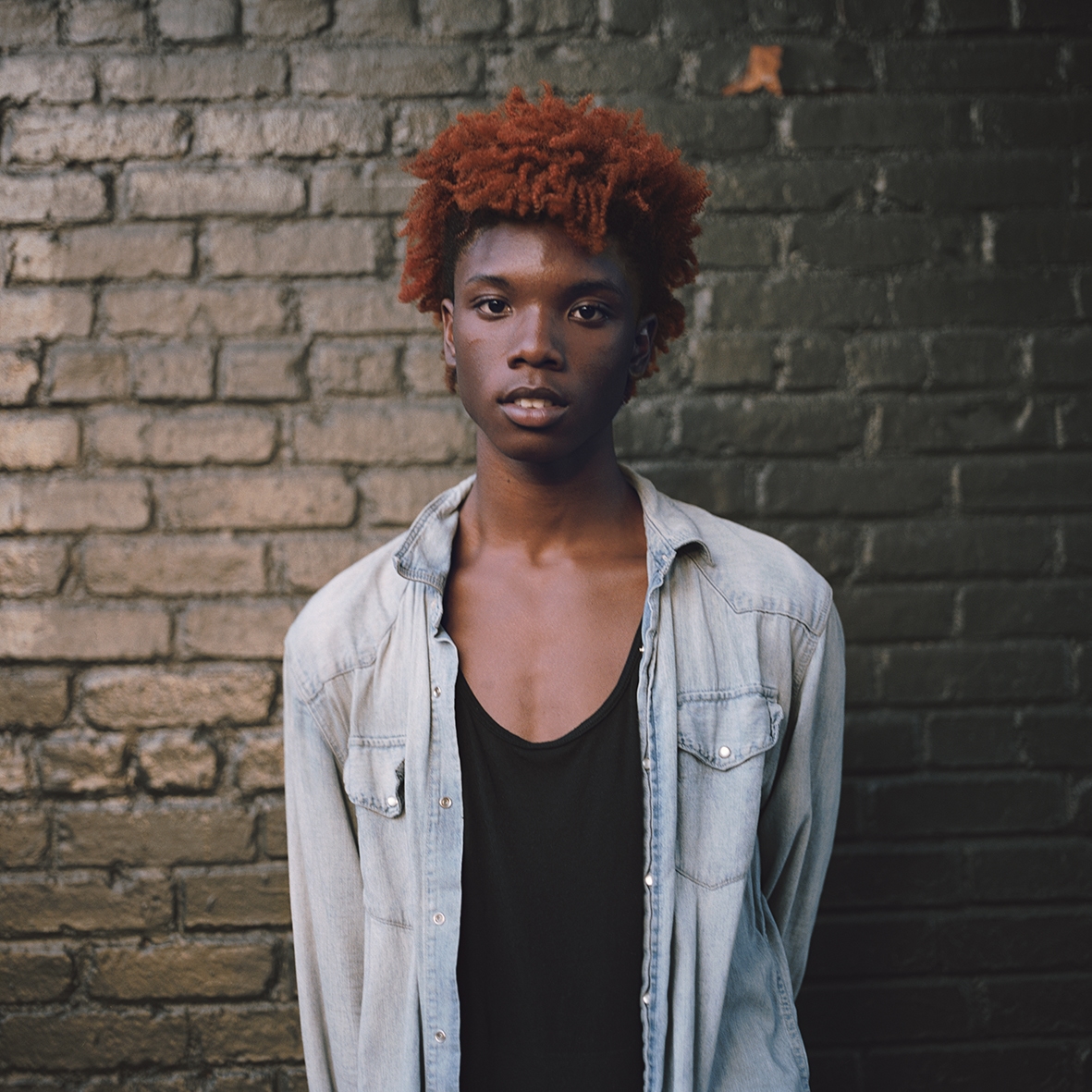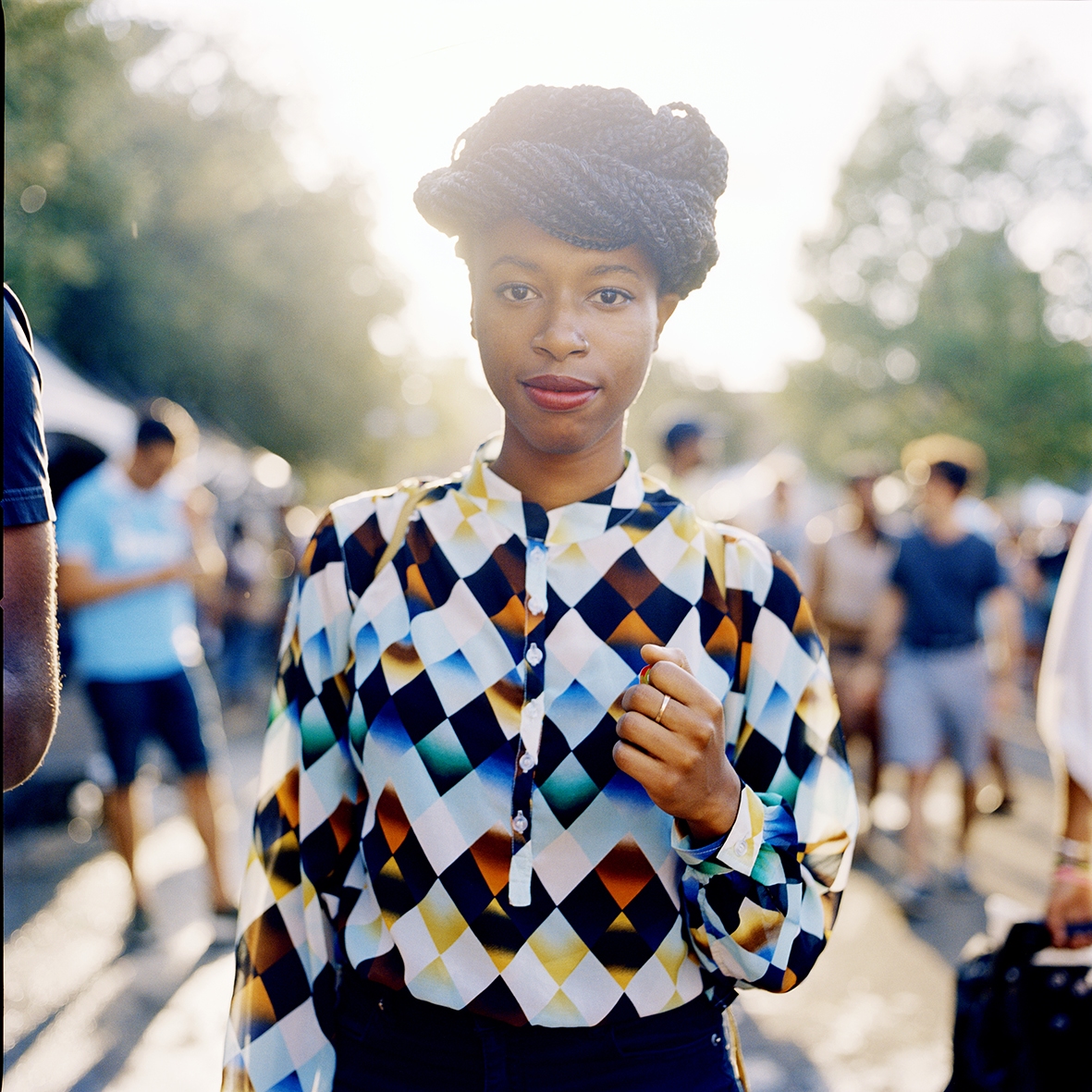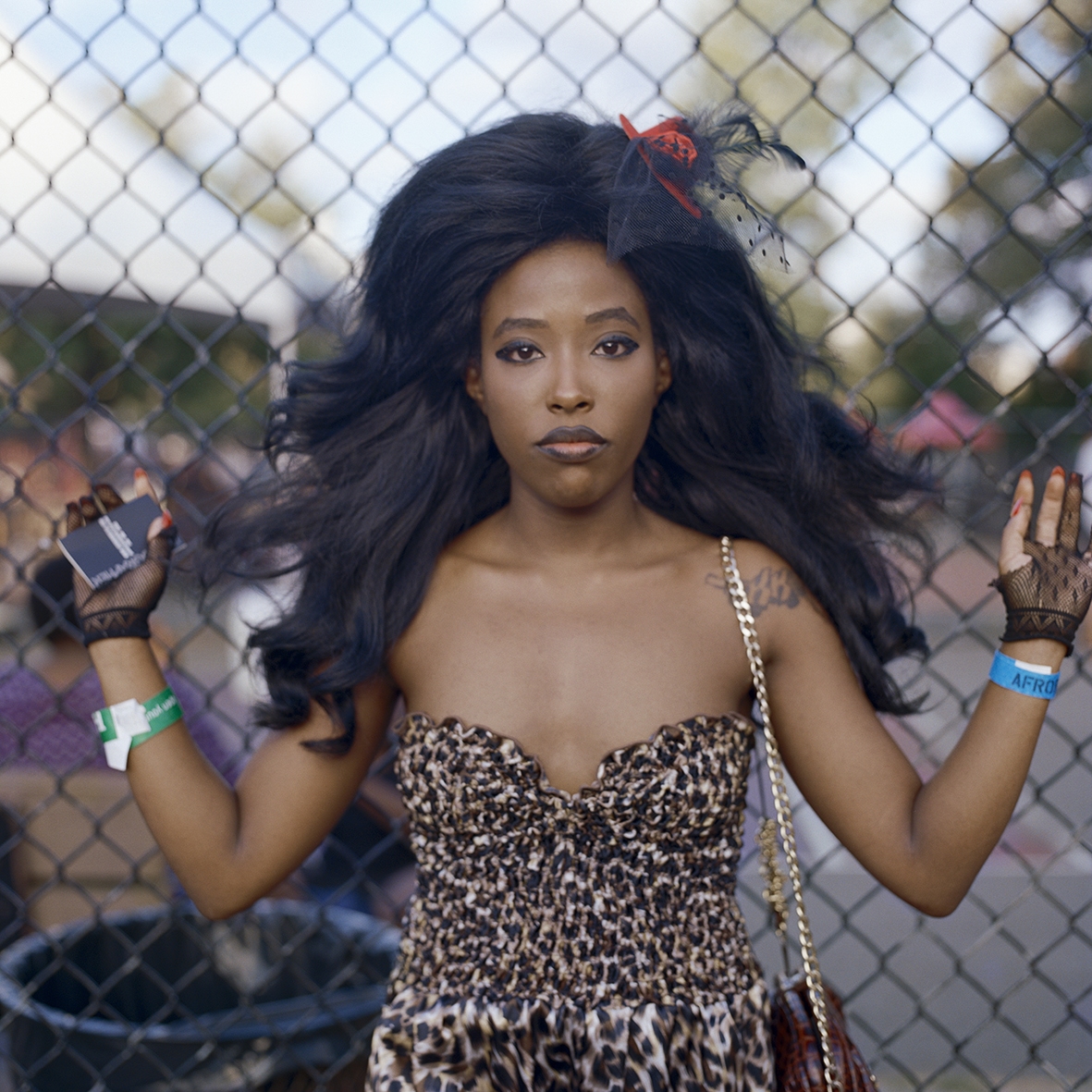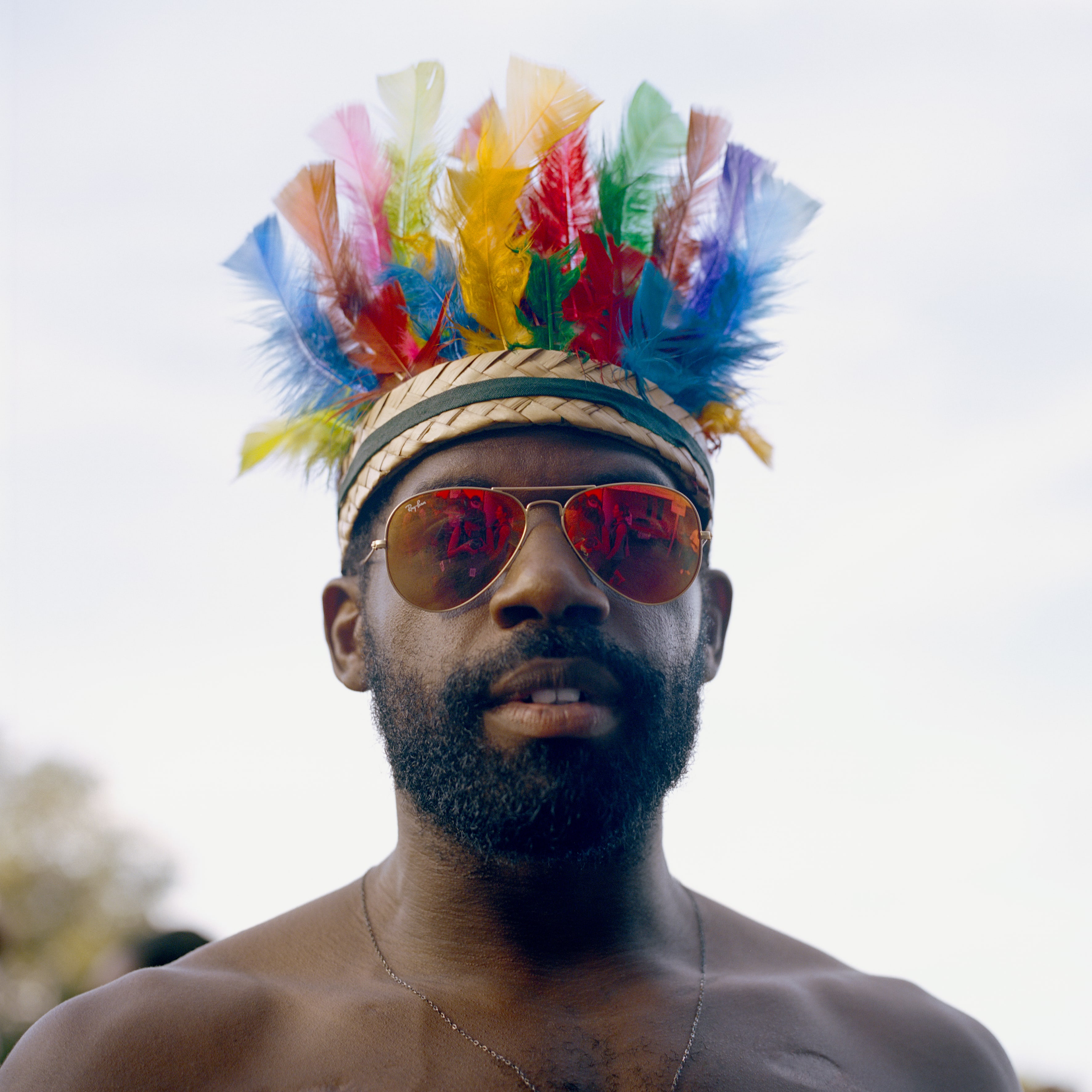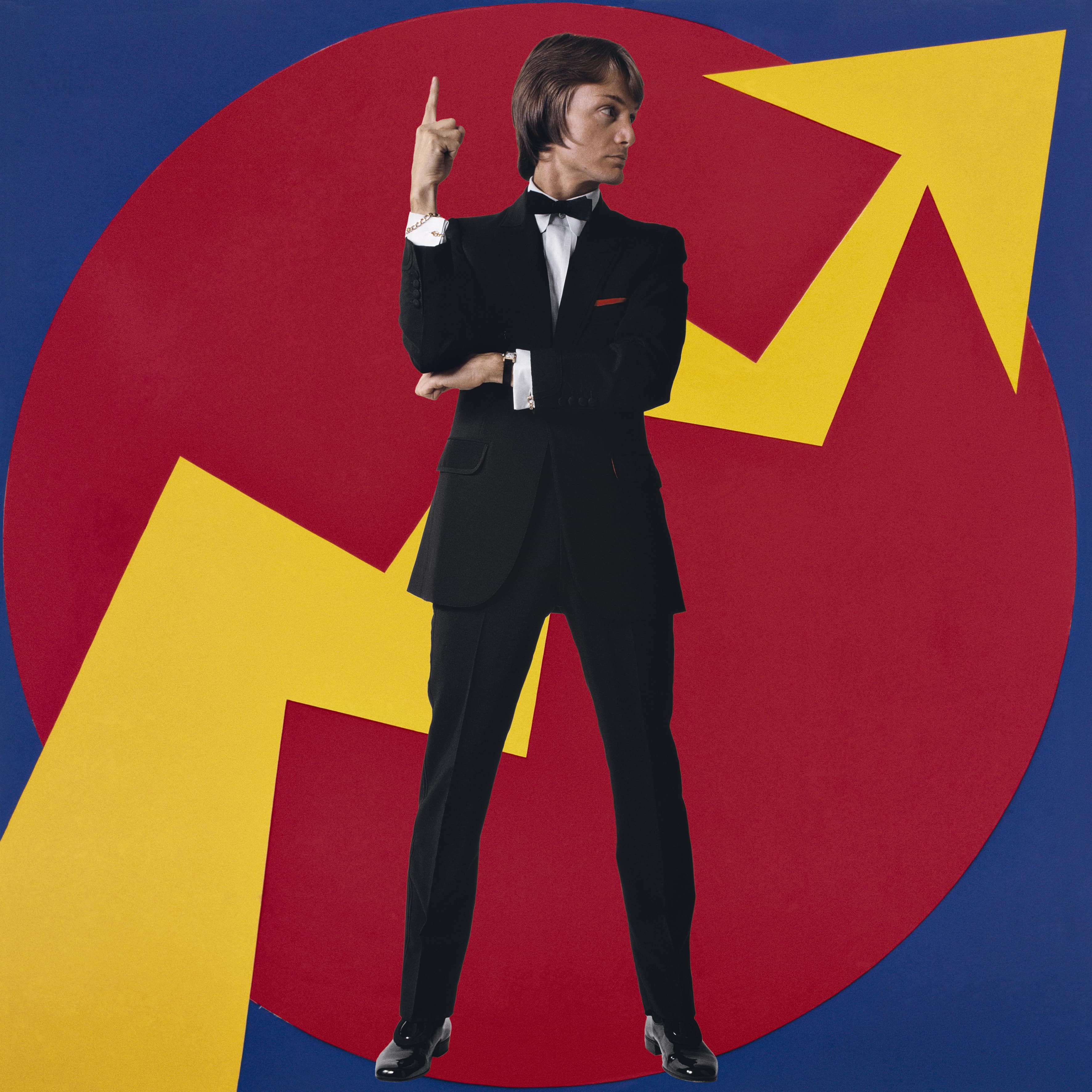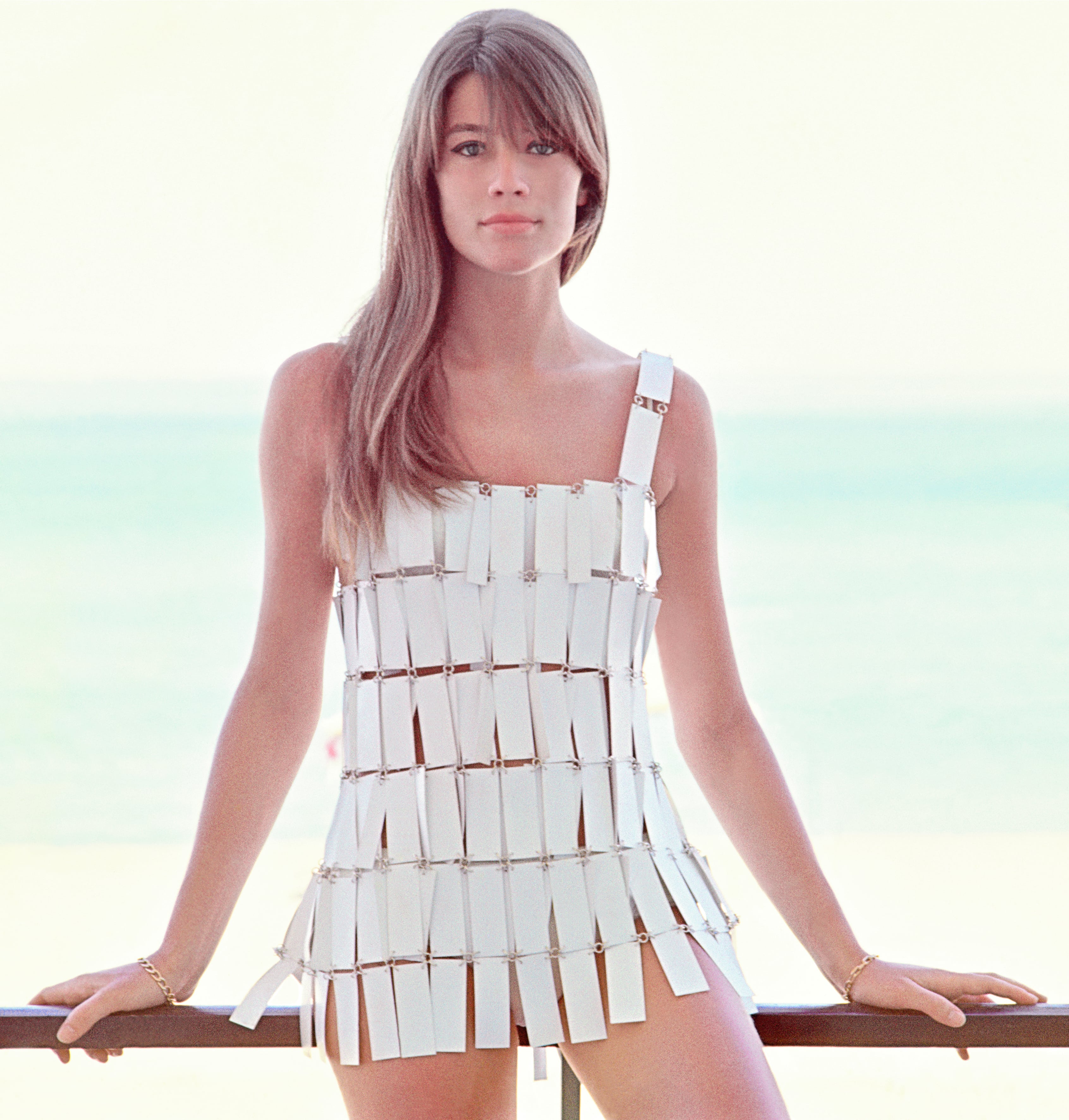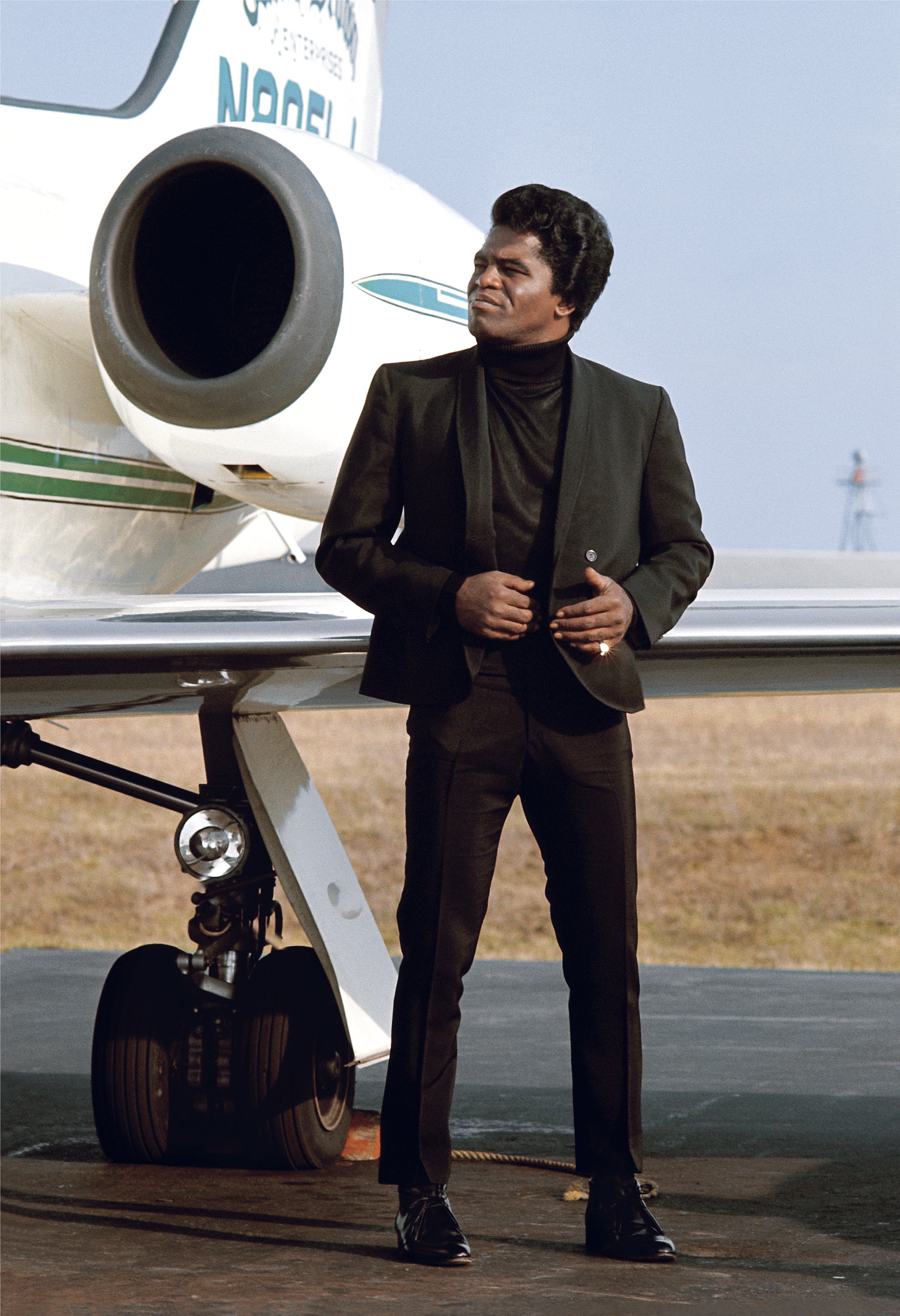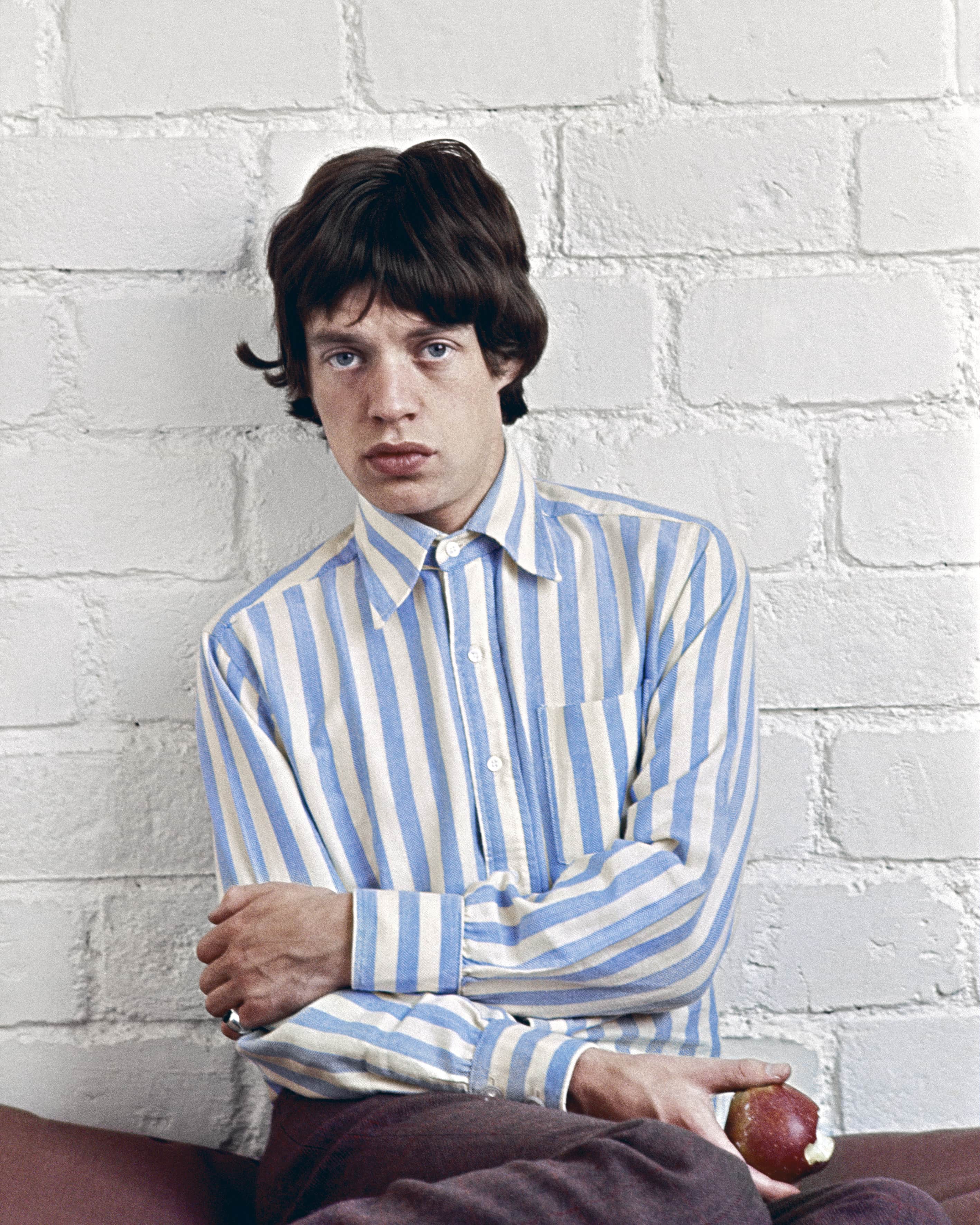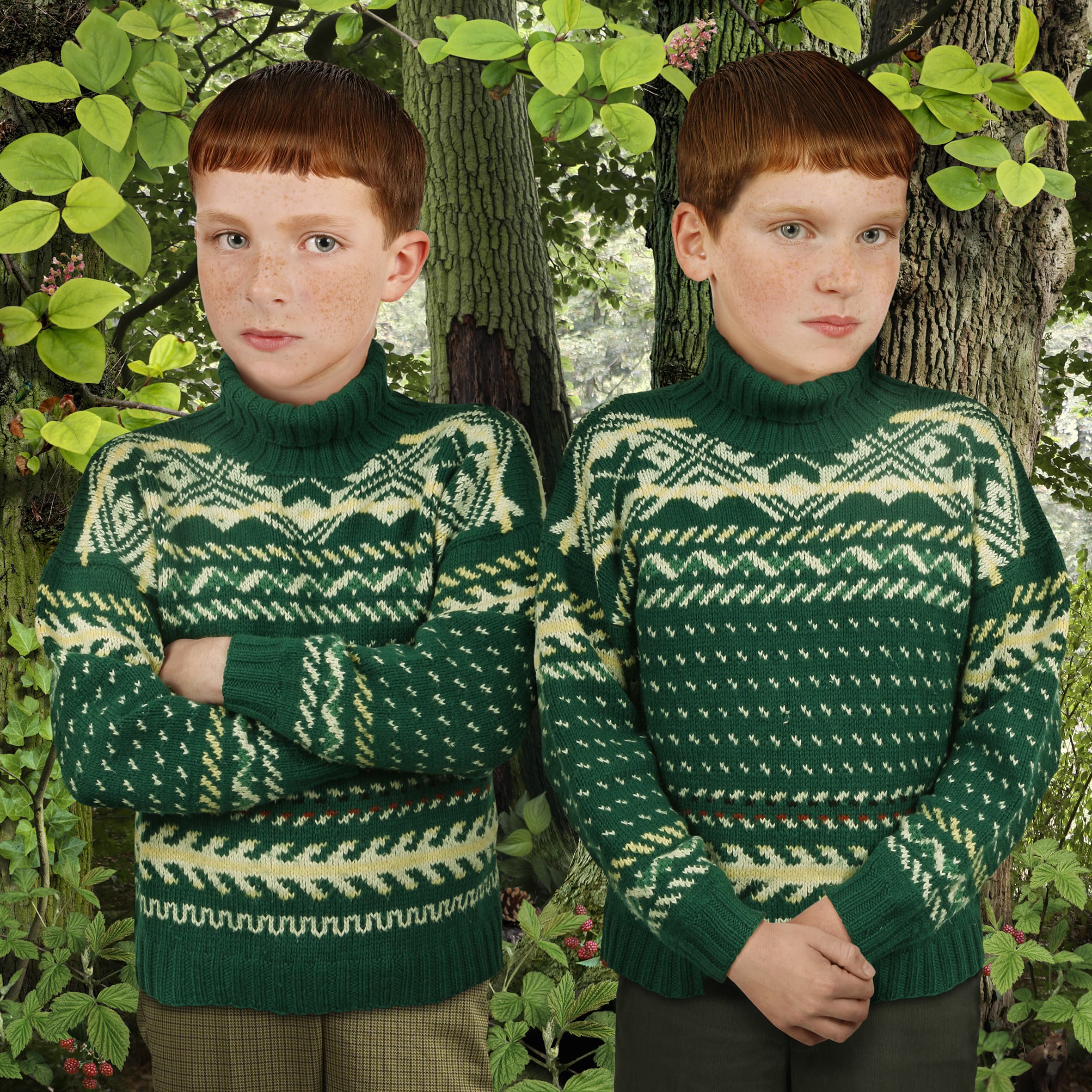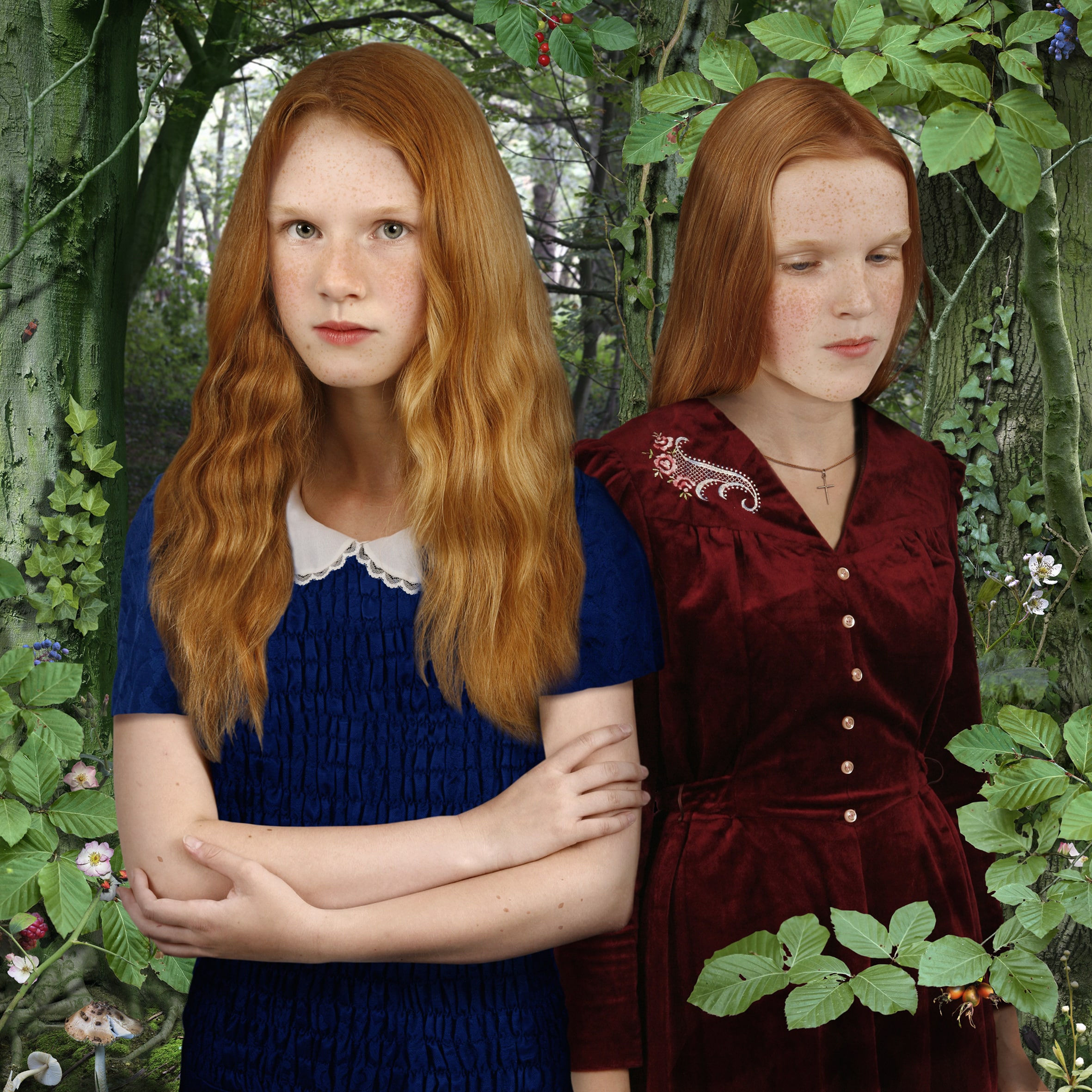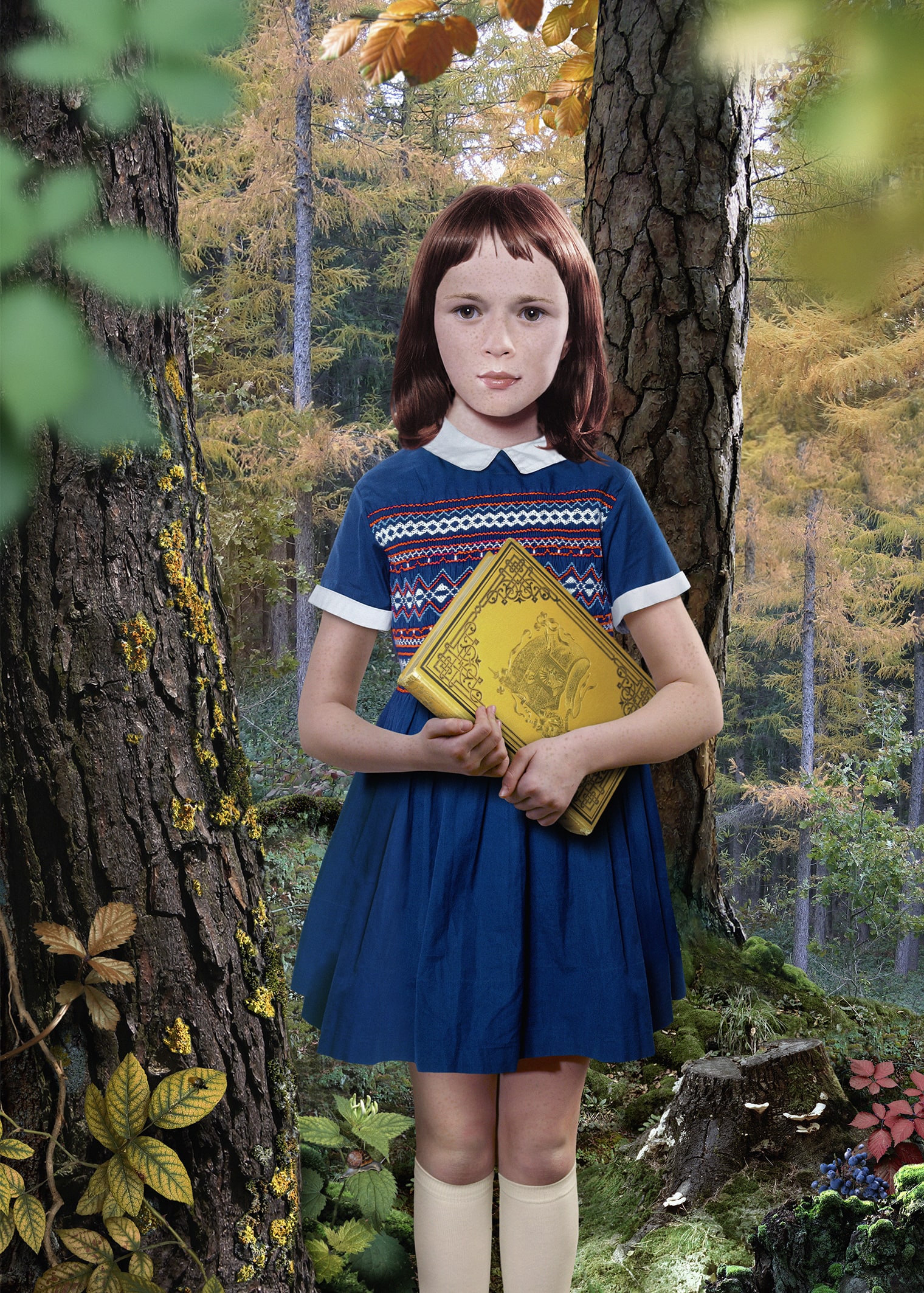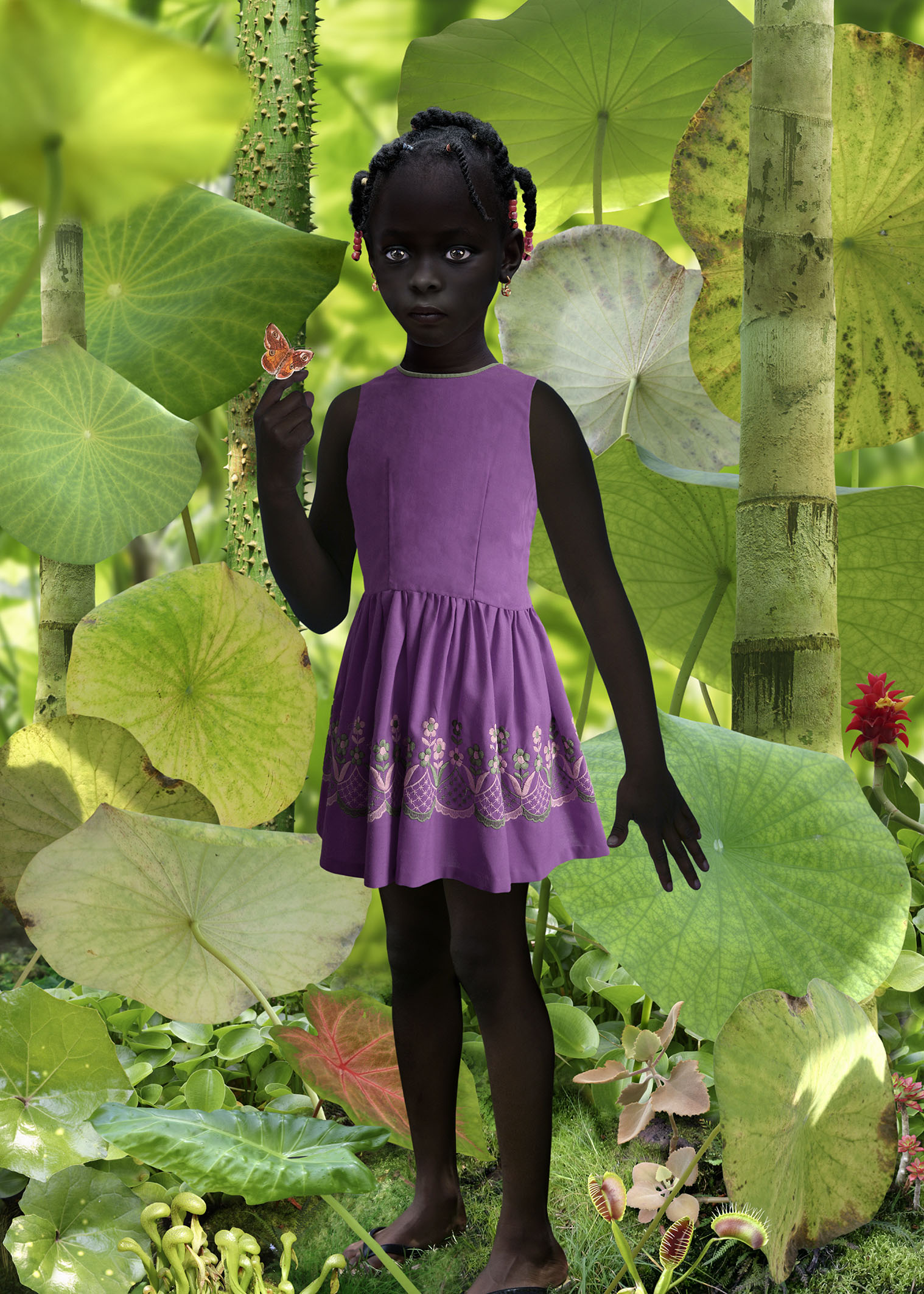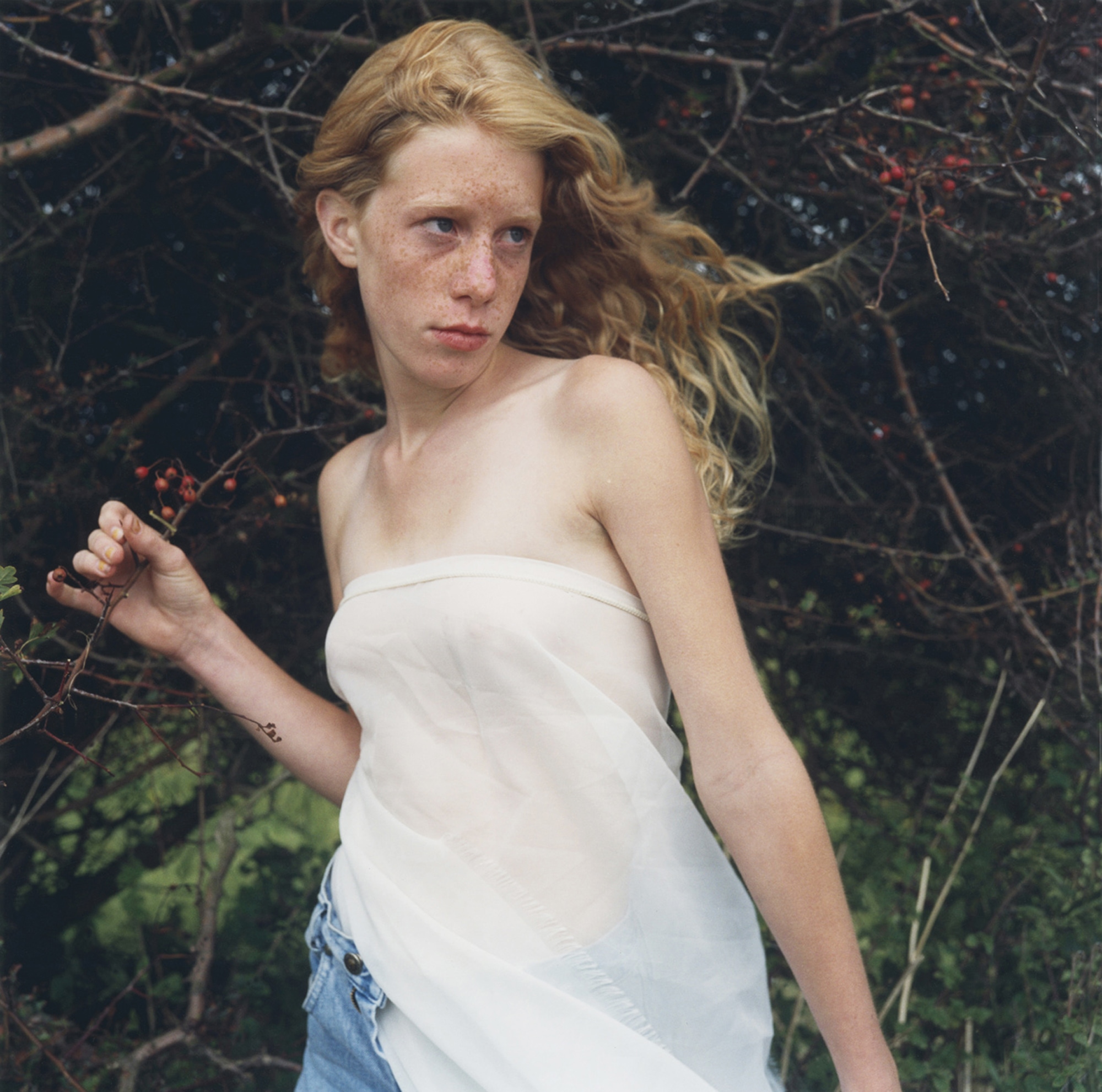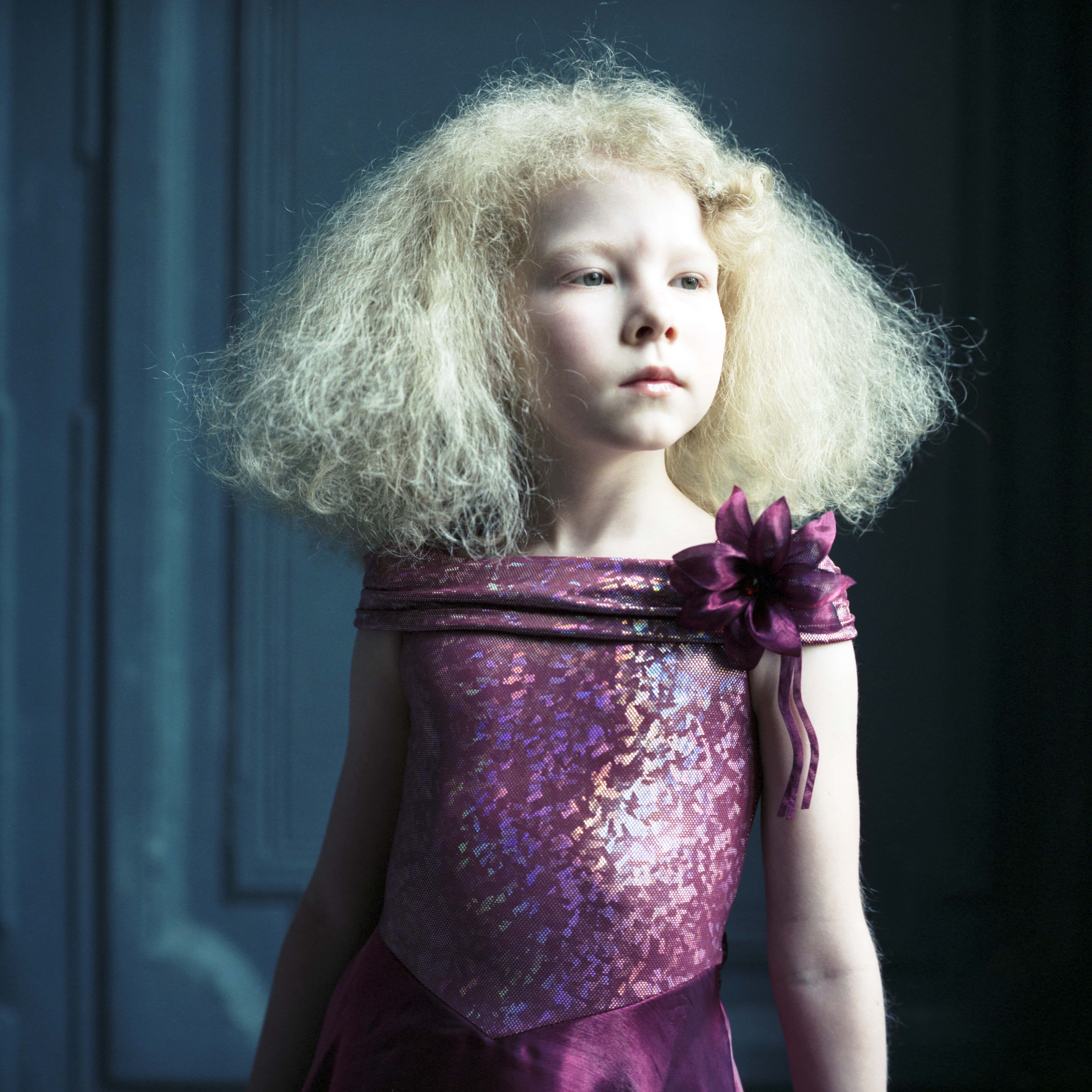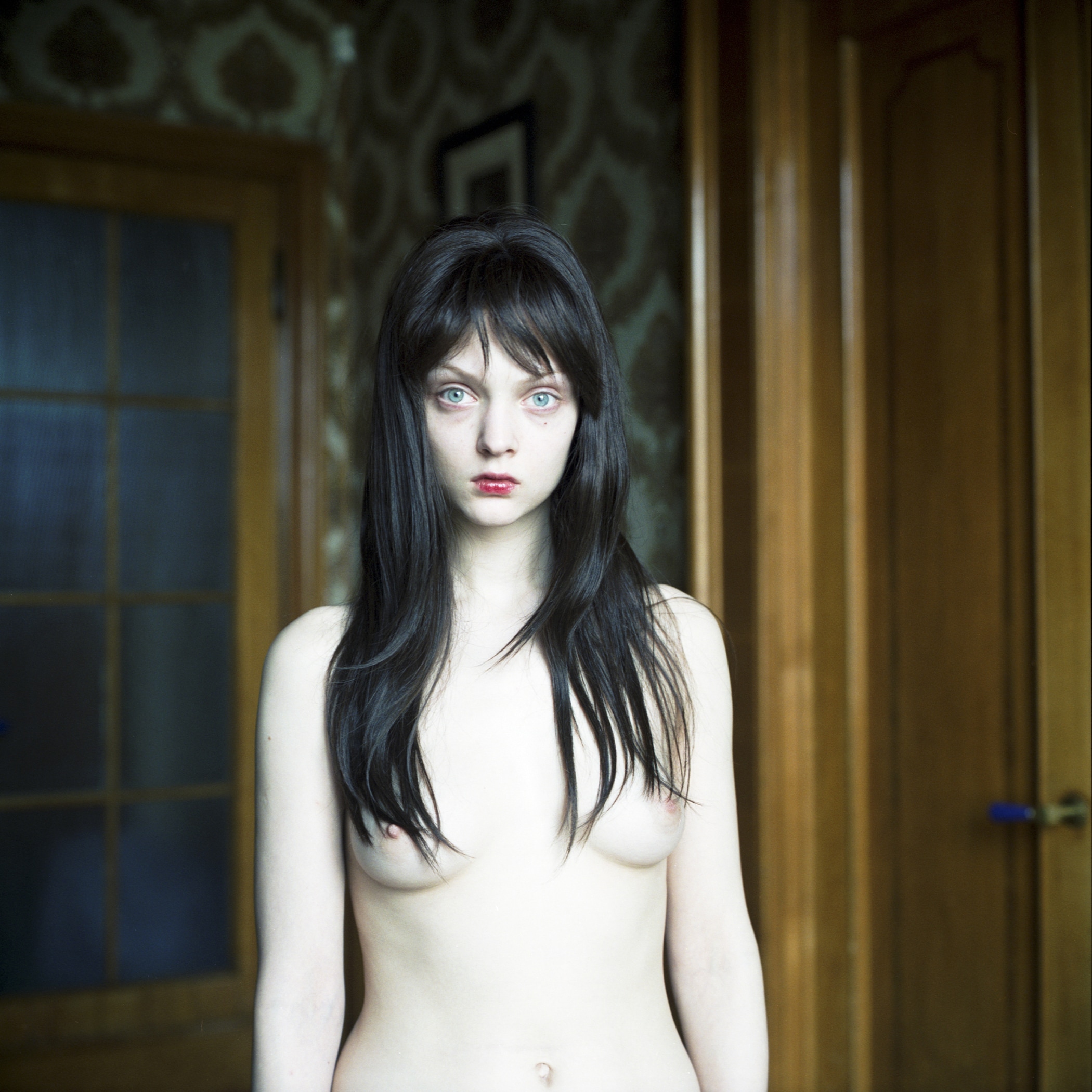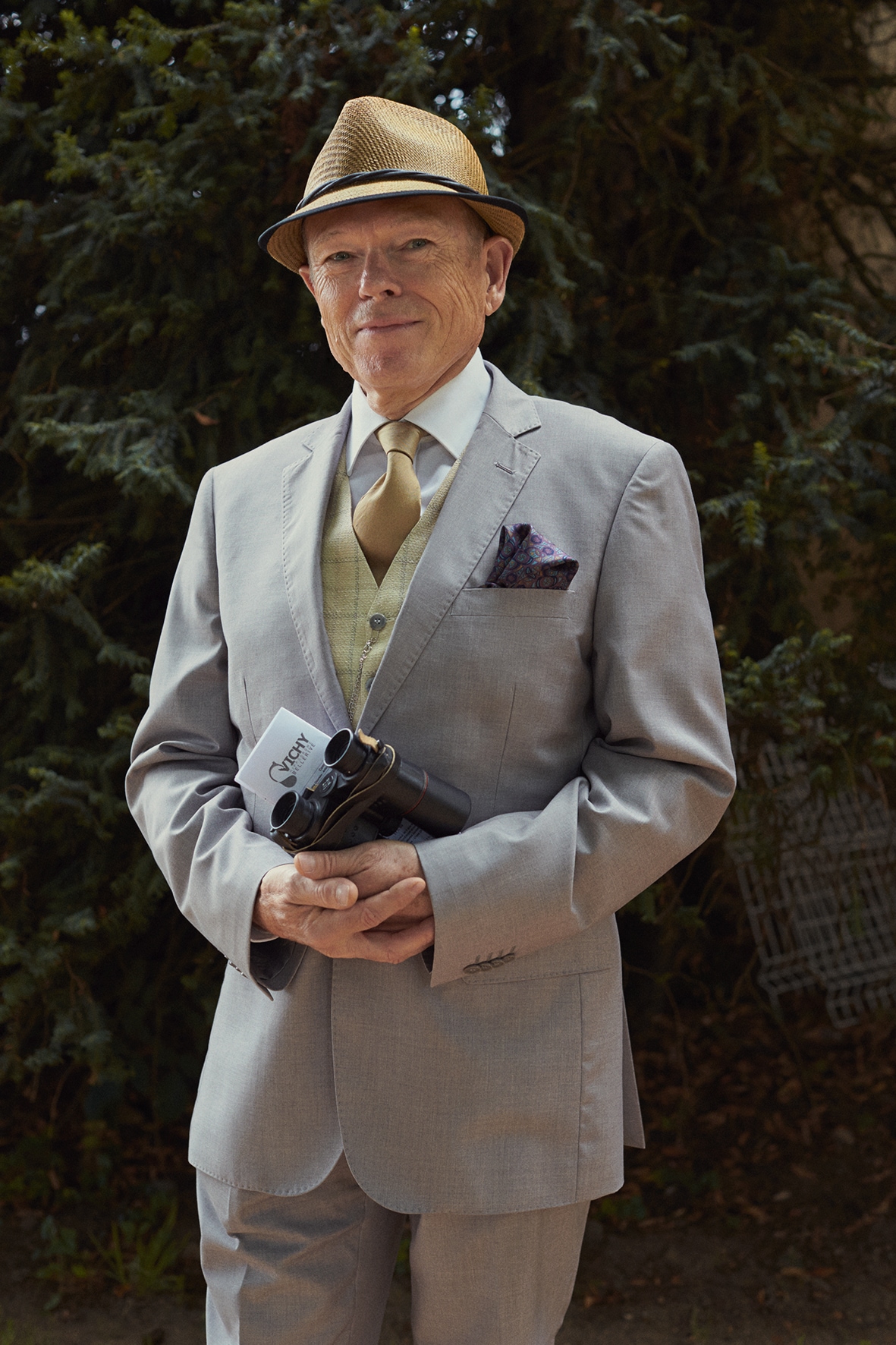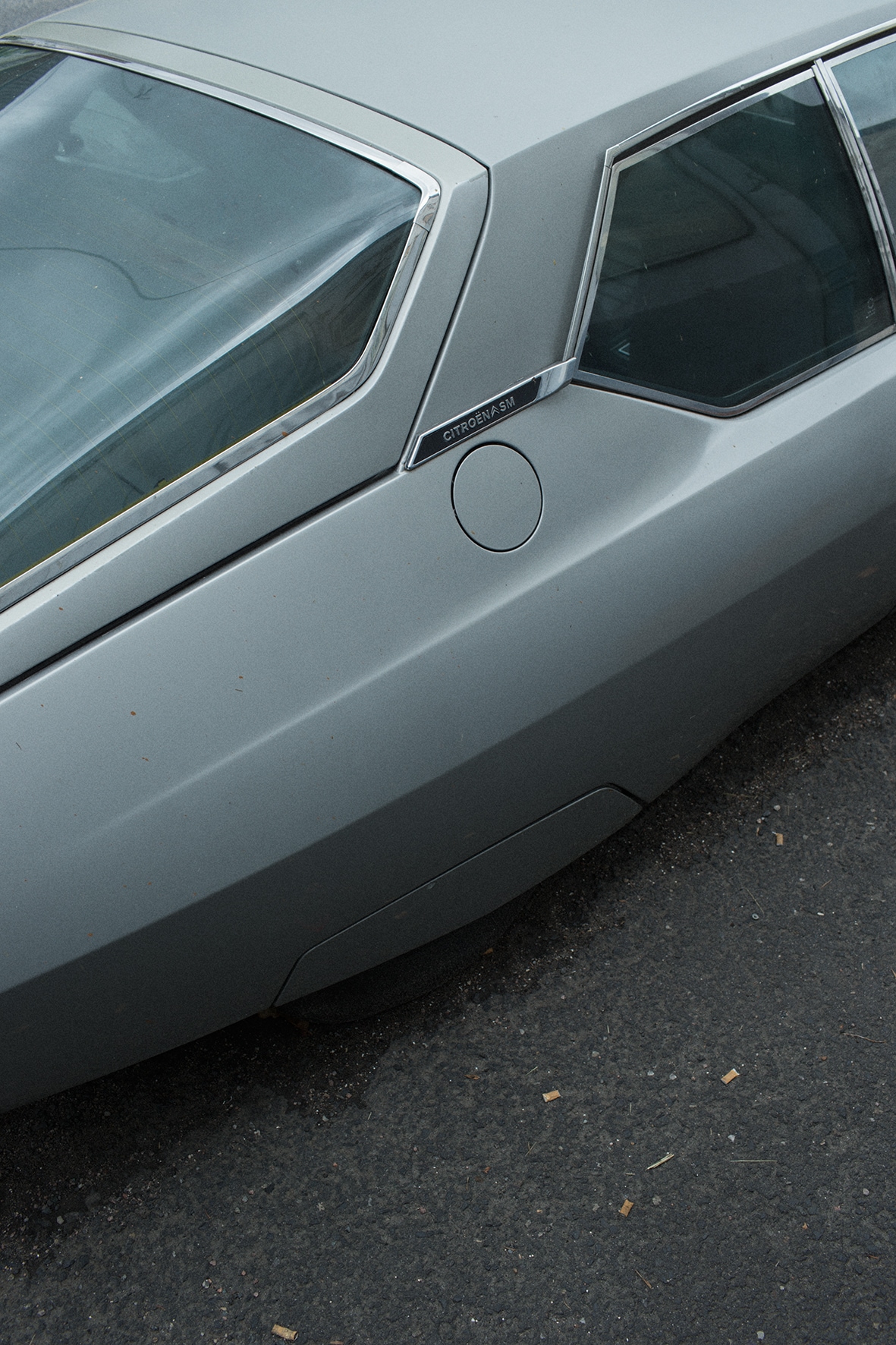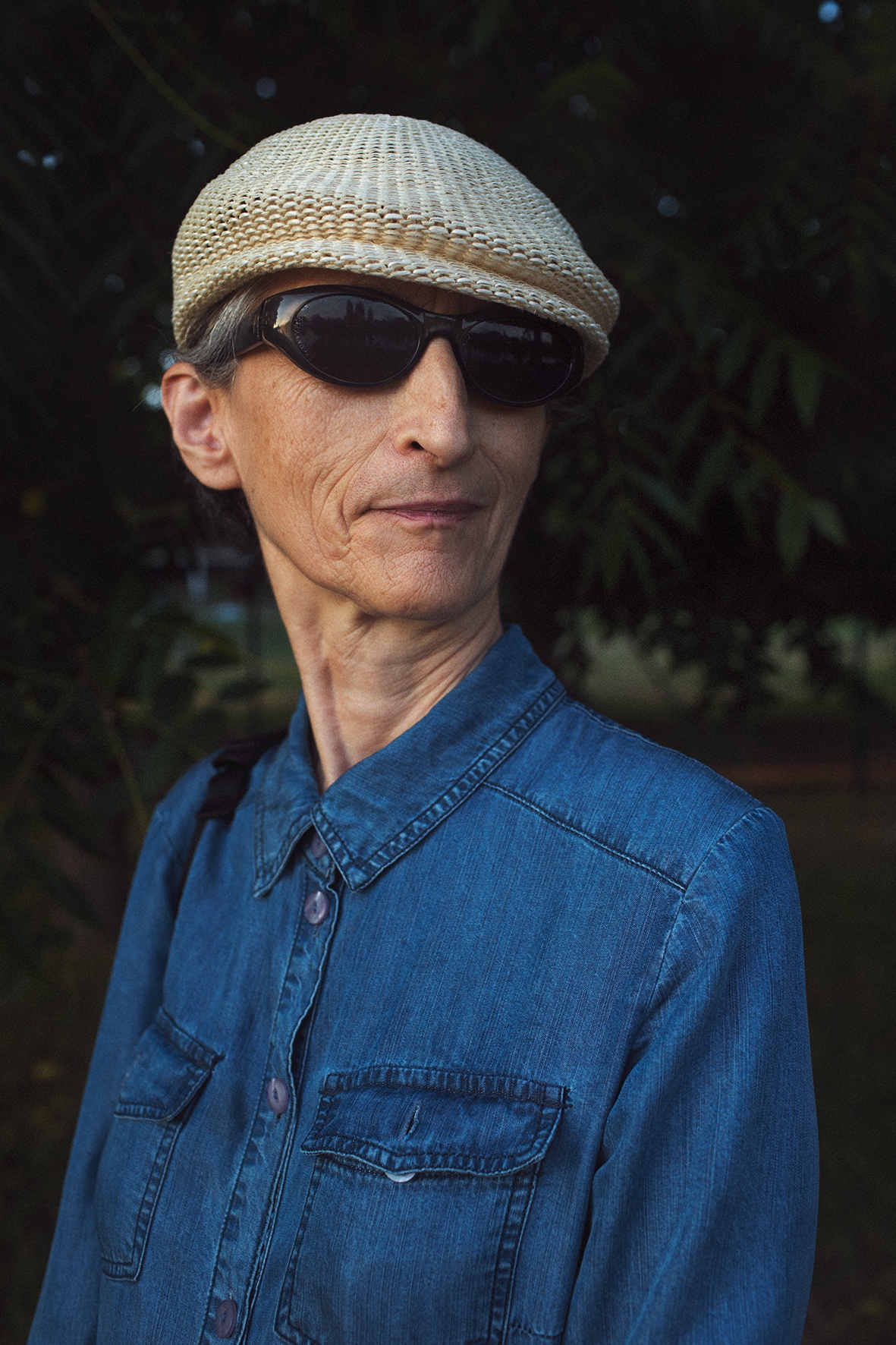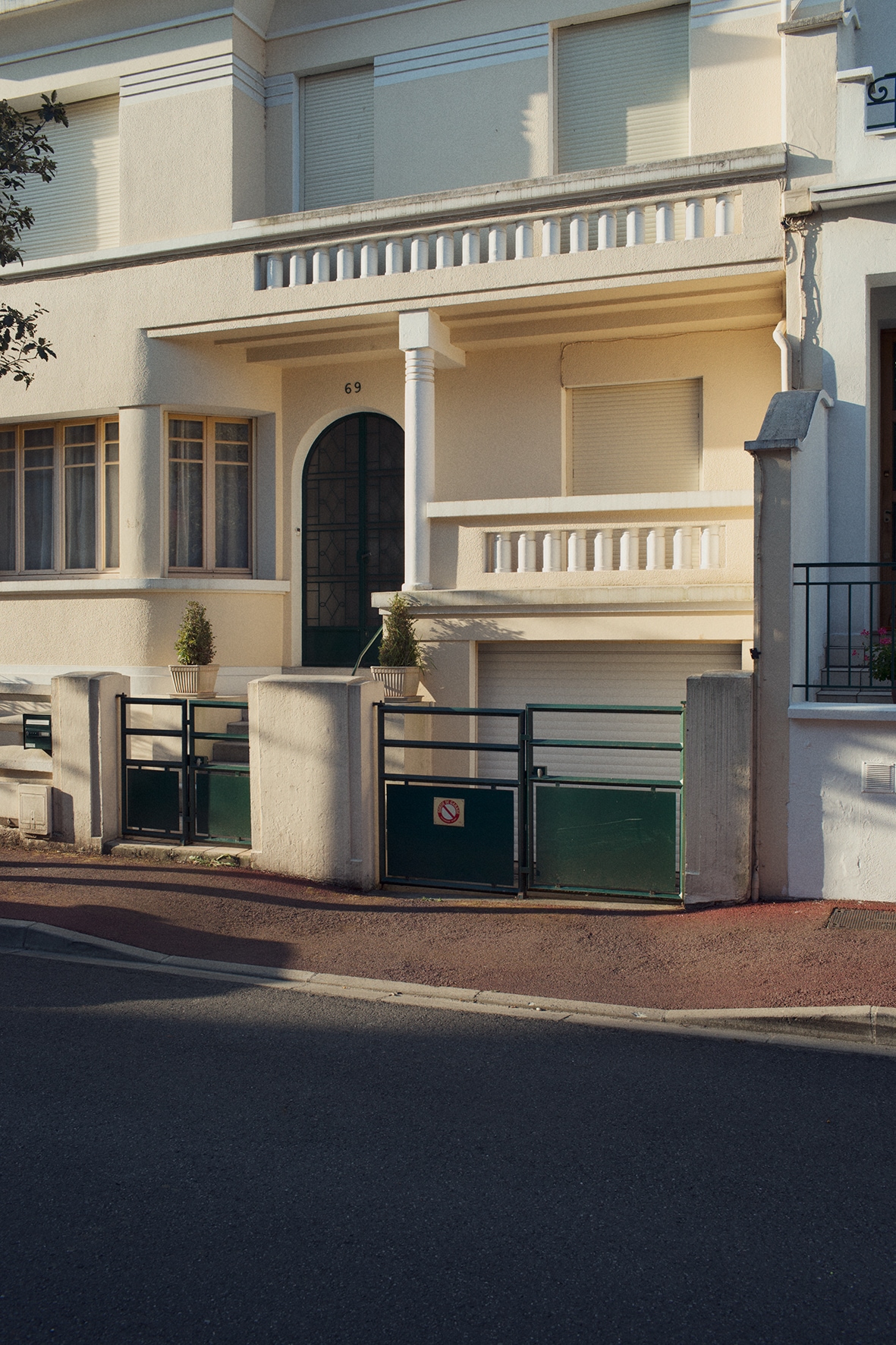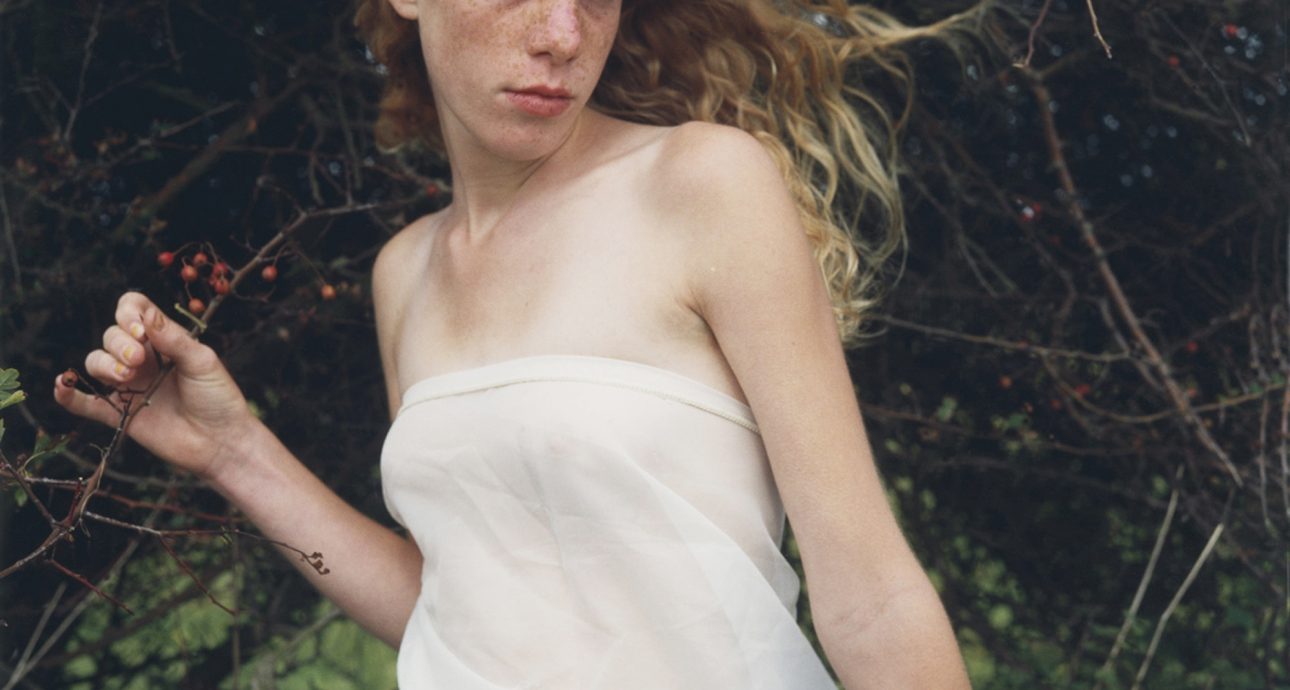
10 Most Important Series of the Portrait(s) Festival: Curator’s Choice
Portrait(s) has been held in Vichy in France since 2013. It showcases the not always new, but always the most important portrait series — the ones that you can’t miss. The festival’s exhibitions are open in Vichy until September 4. For those who can’t come, the curators have chosen the most important portrait series presented at Portrait(s) 2016.
Kinshasa, Jean Depara
The photographer from Angola has captured the nightlife of Kinshasa, the capital of the Democratic Republic of Congo, in the 1950s. He always came to the bar with a camera over his shoulder: it impressed women. Shooting at parties was only a hobby for Depara, that’s why his portraits of Kinshasa’s bandits and prostitutes were published only after his death.
The Dawn Came, But No Day, Jean-Christian Bourcart
The French photojournalist did not take any pictures for this project. He found the photographs that were taken during the Great Depression for the US Farm Security Administration, but were rejected by its Head Roy Stryker. When he was rejecting the photos (often for ideological reasons), he punctured holes in them. With the help of artist Ben Salesse, Bourcart added quotes from John Steinbeck’s Grapes of Wrath to the photographs.
Milo, Nicolas Comment
Nicolas Comment has been taking pictures of his friend Milo all over the world for six years: in Tangiers, Brussels, Paris, and Barcelona. She appears in hotel rooms, park alleyways, neglected yards — first dressed, and then not. Nudes interchanging with Mila’s portraits help the photographer tell a story about himself and his passion for a woman. This is double exposure — of a photographer and a model.
Here, Again, Paola De Pietri
Urban and natural landscapes are Paola De Pietri’s main themes. For the series Here, Again she photographed young mothers holding their babies with their homes in the background. De Pietri says she is interested in the connection between the person and the place where they live.
Regla, Nicola Lo Calzo
The descendants of slaves who live in Regla, one of Havana’s suburbs, today are in the same secret societies as their ancestors. Abakuá fraternity and Regla de Ocha and La Regla del Palo masonic lodges used to fight for the abolition of slavery and still exist in our time. Lo Calzo’s youngest heroes though only belong to the society of hip-hop lovers.
We American Flavor, Maï Lucas
Maï Lucas created advertisement for Comme des Garçons, XulyBët, Vania, and worked with Nick Knight and Stéphane Sednaoui. In the non-commercial project We American Flavor she photographed the street celebrities of Paris and New York, who are not afraid to walk around the city in a bright wig with a weird hairdo or wearing funny clothes.
Under the sun, Jean-Marie Périer
Between 1962 and 1974 Jean-Marie Périer photographed celebrities of the time for the French magazine Salut les Copains. The portrait of James Brown with his plane in the background is probably one of the most famous works by Périer. Reminiscing about those times, the photographer said that it was all like a game, but it also meant everything was possible. He thinks that no musical photographer today has the opportunities that they used to have.
Once upon a Time, Ruud van Empel
Studio photographer from the Netherlands works in the genre that he calls digital collage. Empel creates the faces of his characters from several models: a nose from one, a mouth from the other, and eyes from a third. The same happens with landscapes. That is why everything you see in his pictures is skillful deceit.
Portraits, Hellen van Meene
Hellen van Meene is also a studio photographer from the Netherlands, but she takes portraits of real adolescents there. They are far from the modern beauty standards, have not quite grown yet, and are not very self-confident. Every portrait is a result of many hours of work. Van Meene likes soft daylight, and takes a long time to observe what the light does to a girl before choosing a storyline for her photograph.
Days in Vichy, Anton Renborg
This is a very recent series. The portraits of Vichy citizens are combined with the sights of the city: hippodrome, villas, opera theater. The dry shots imply both the former luxury, and the current slow dying of the one-time expensive populated resort.
New and best
